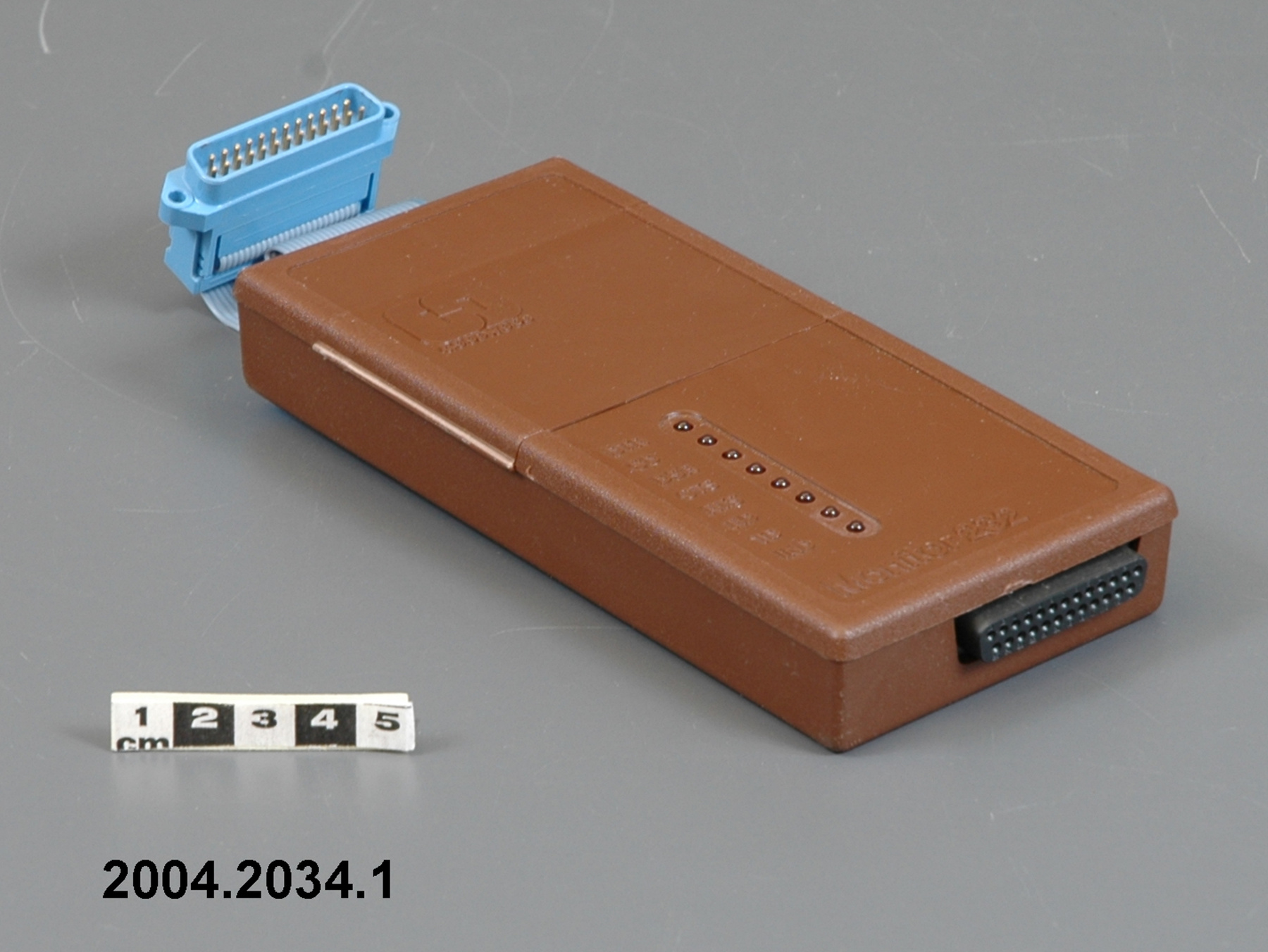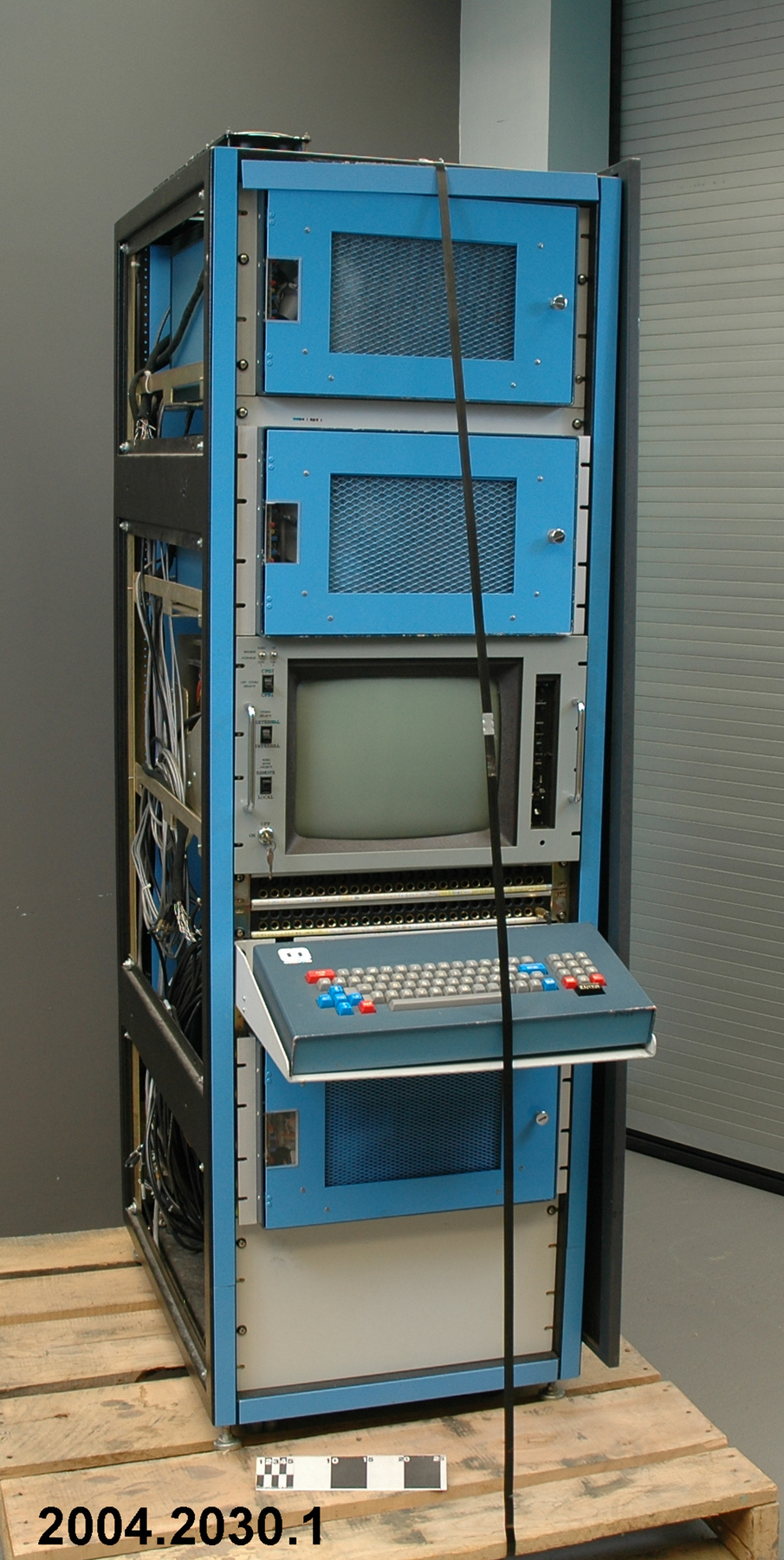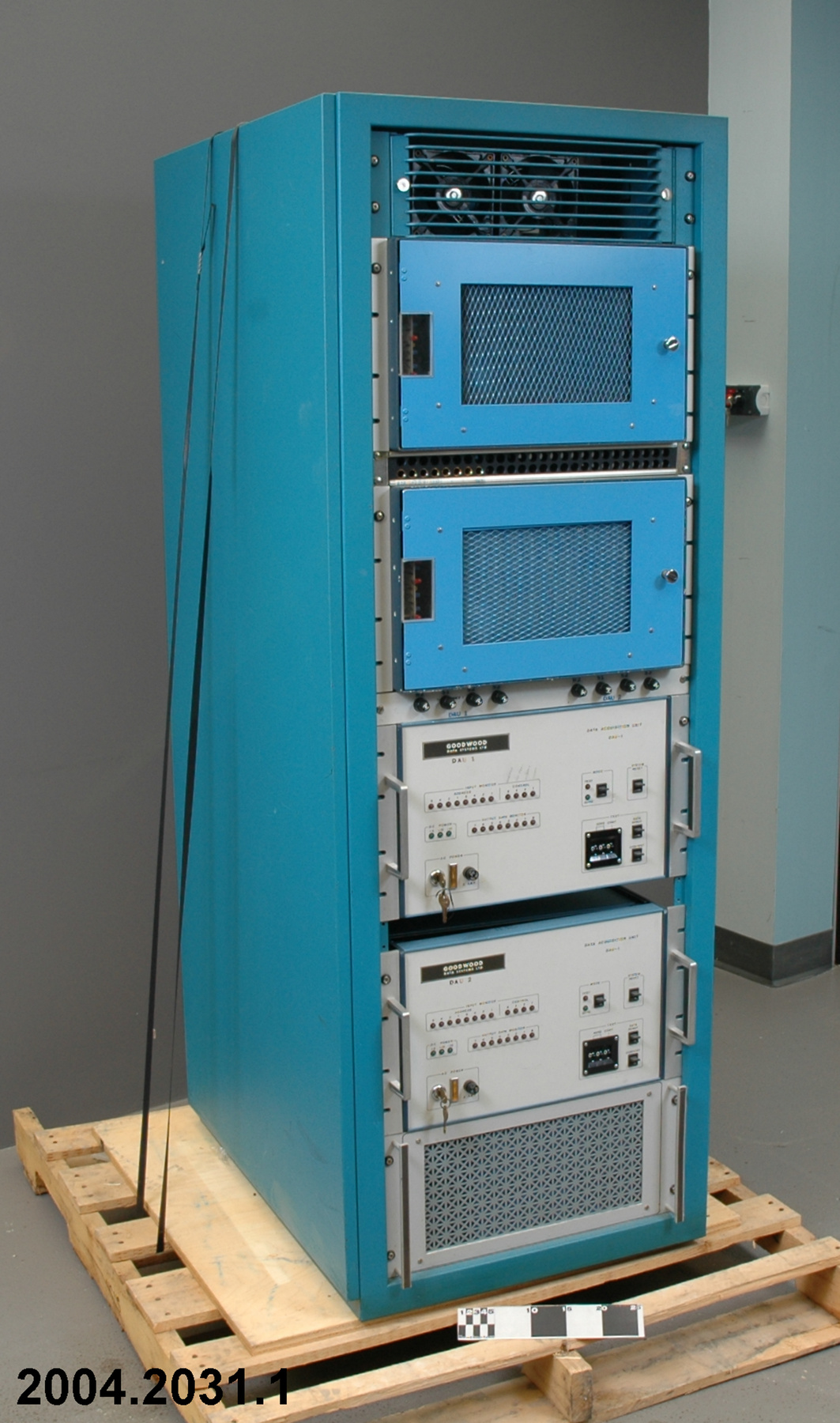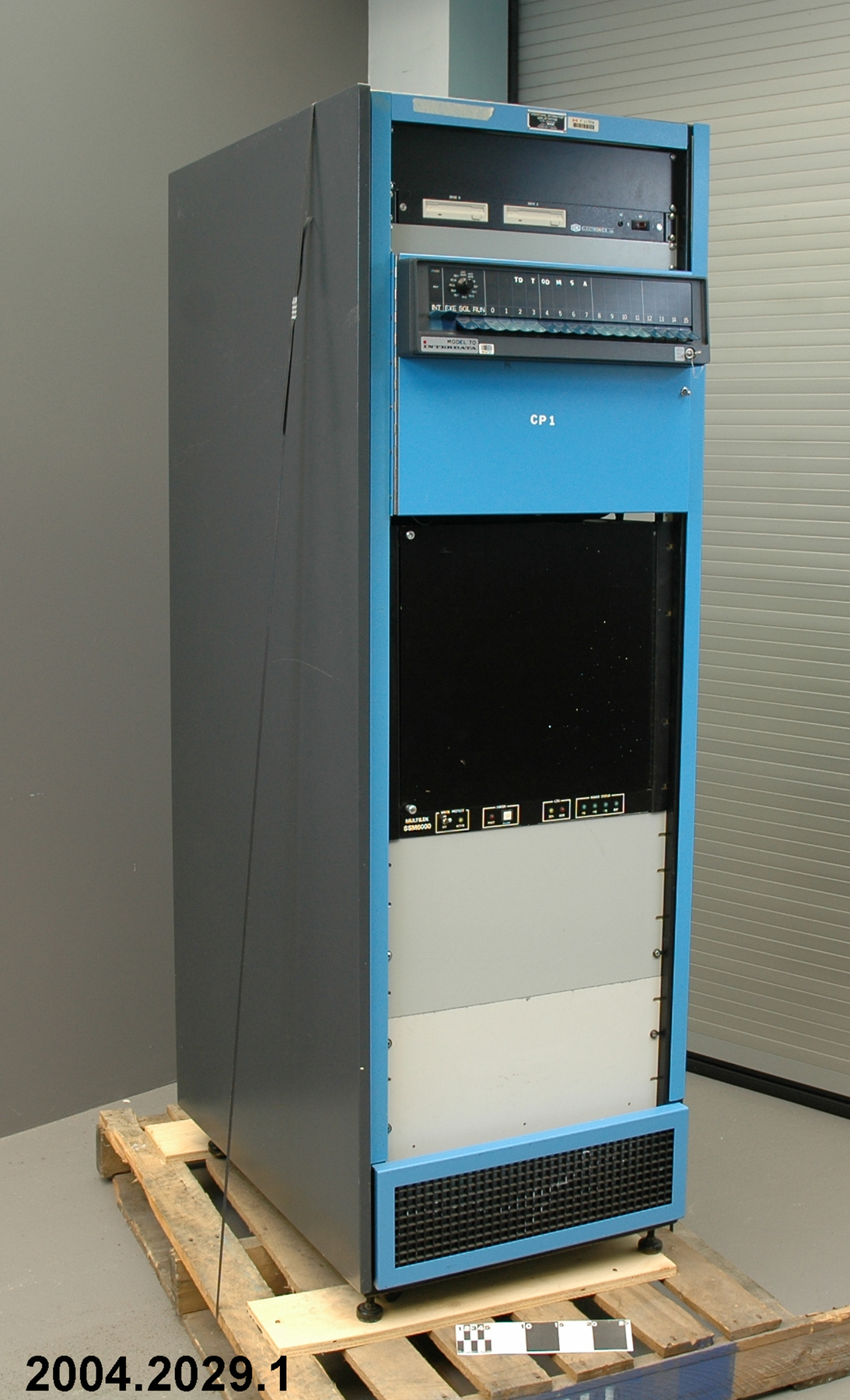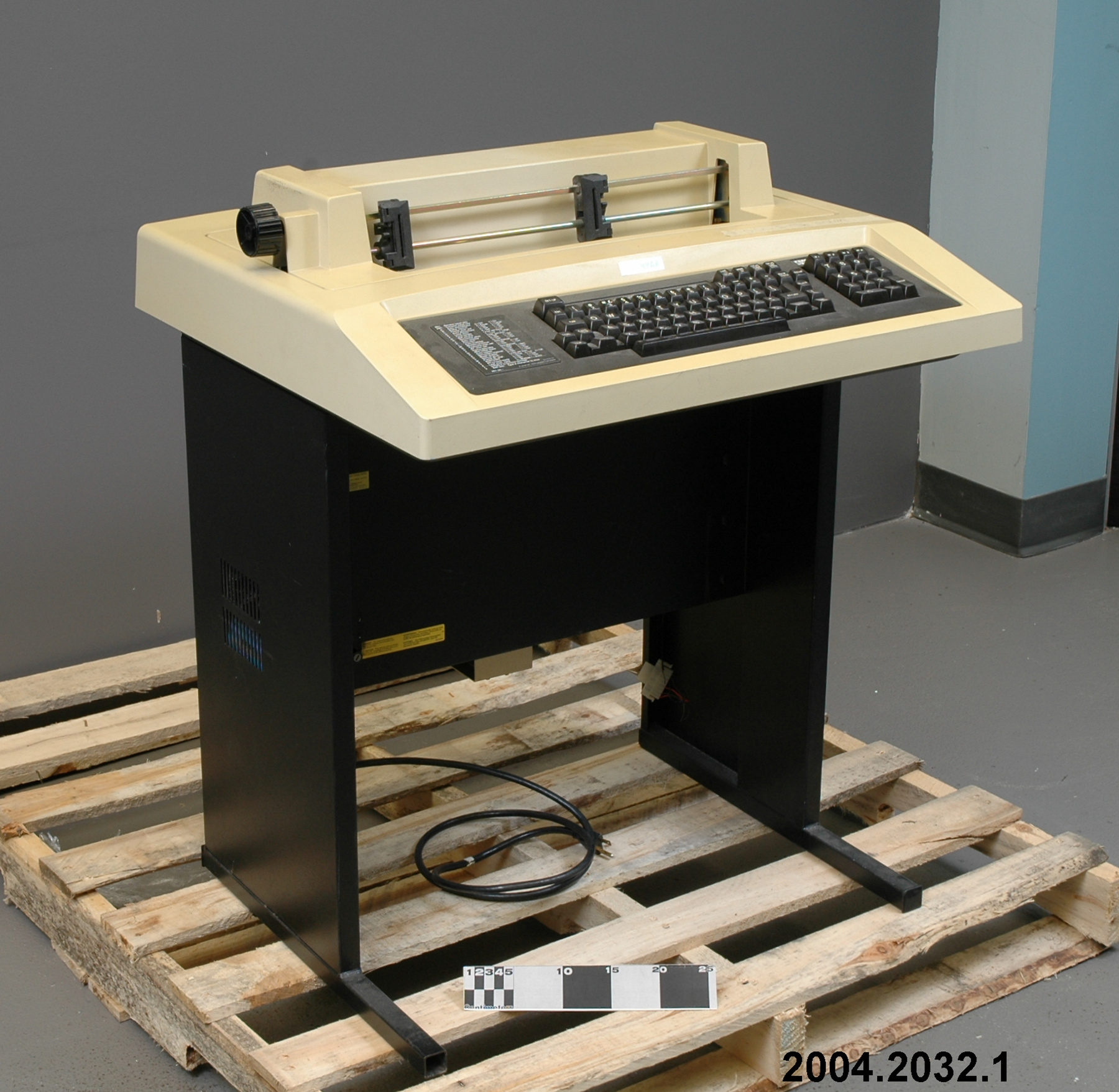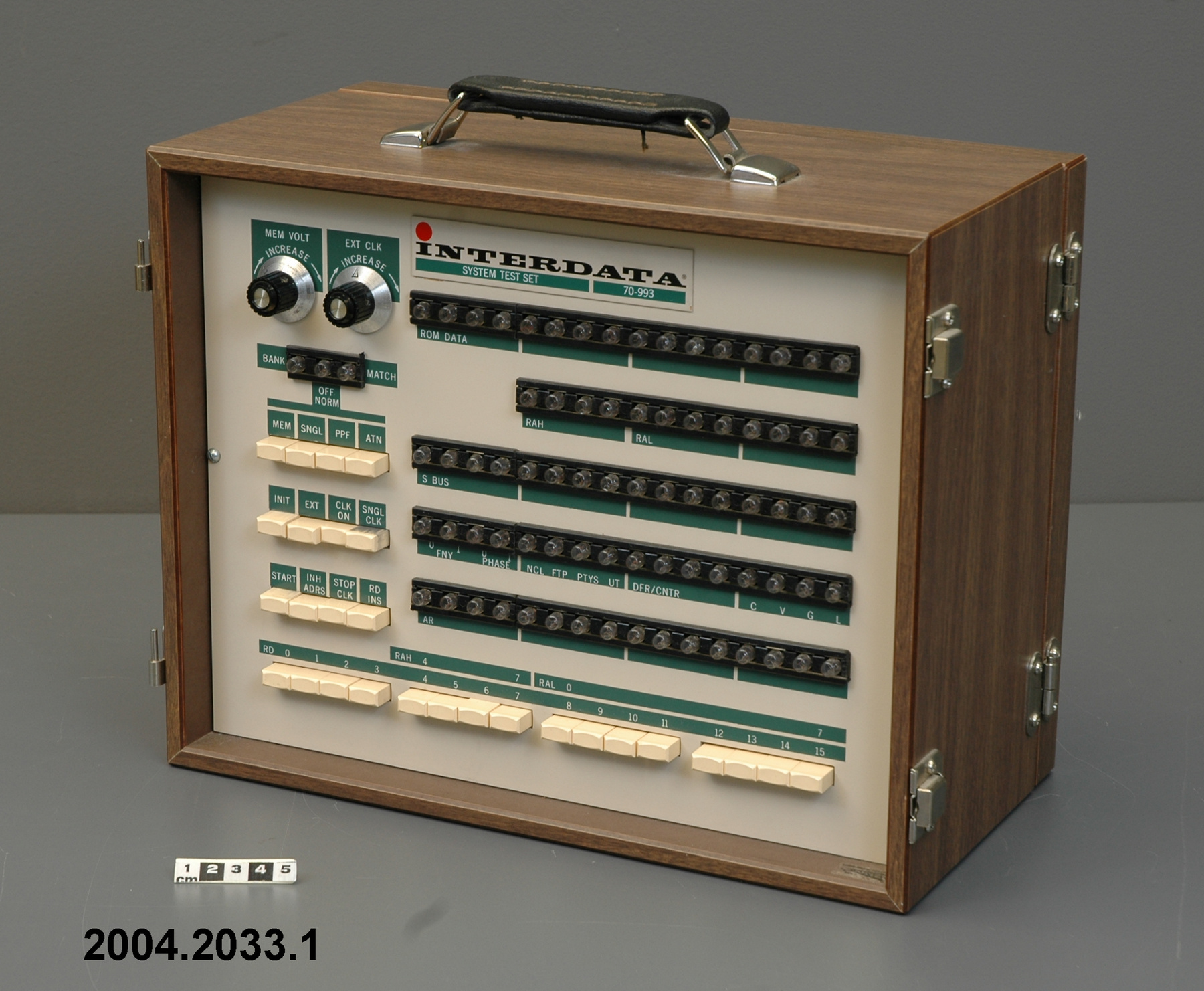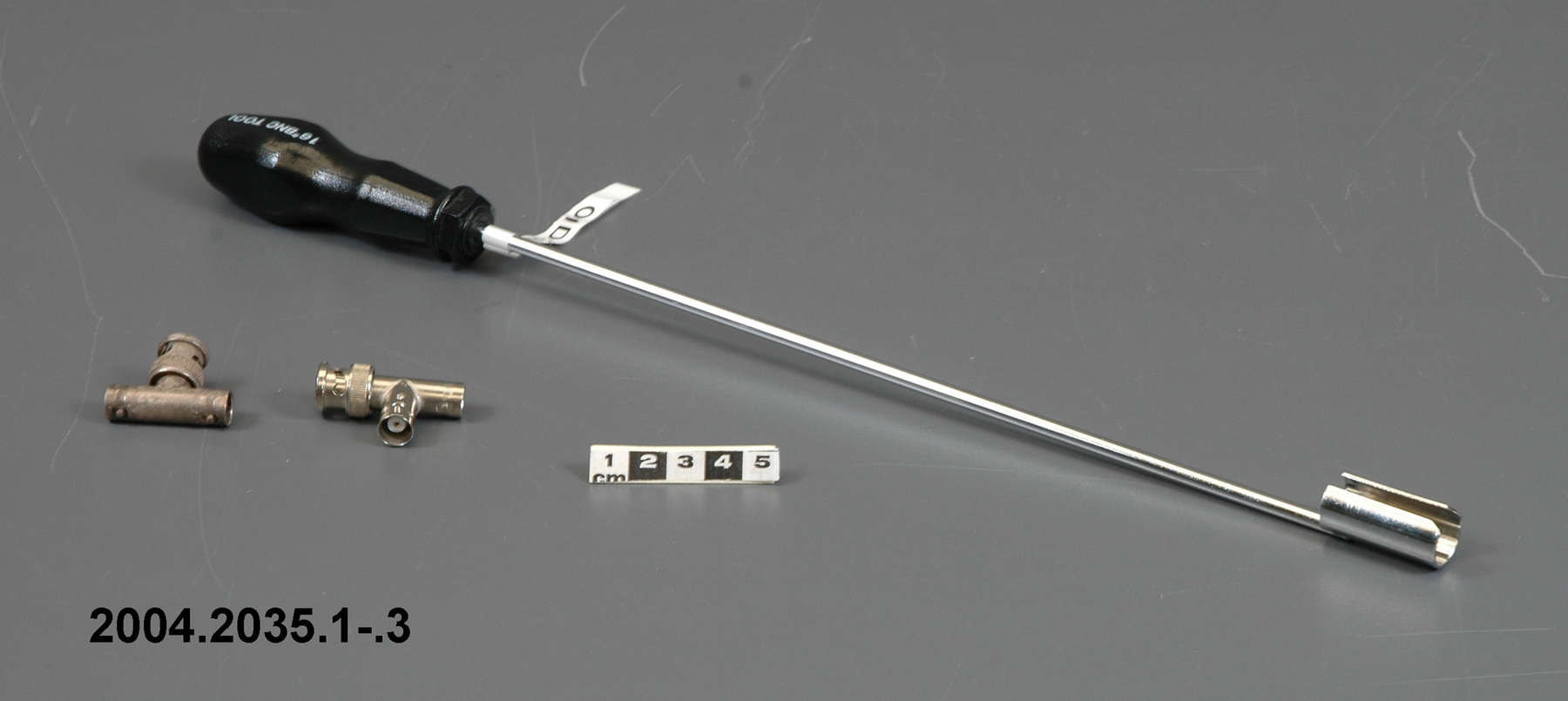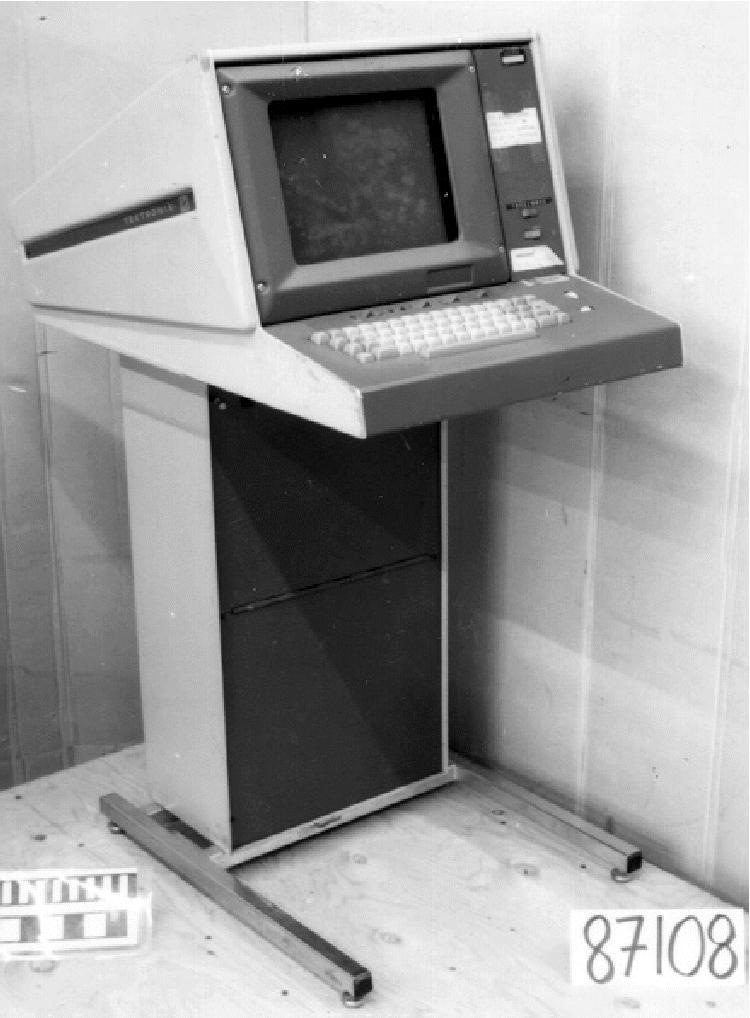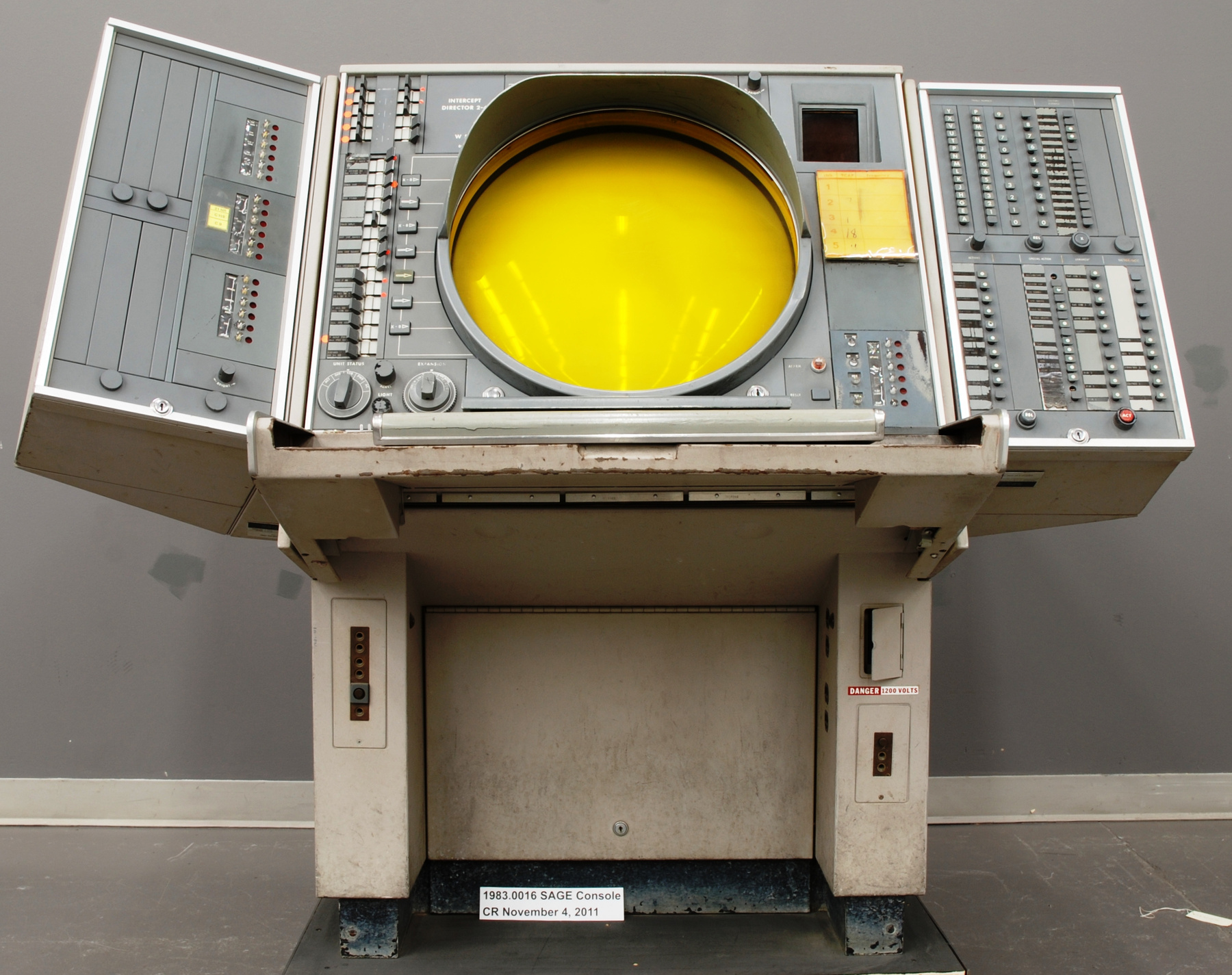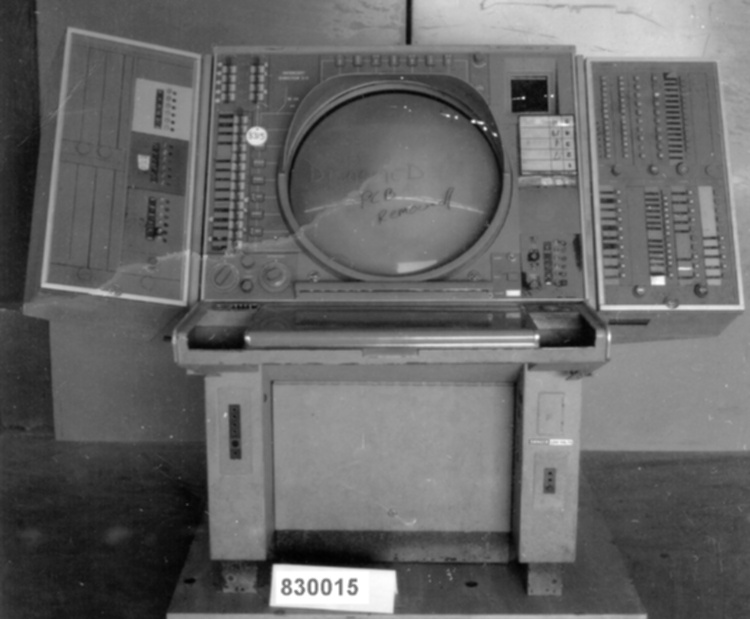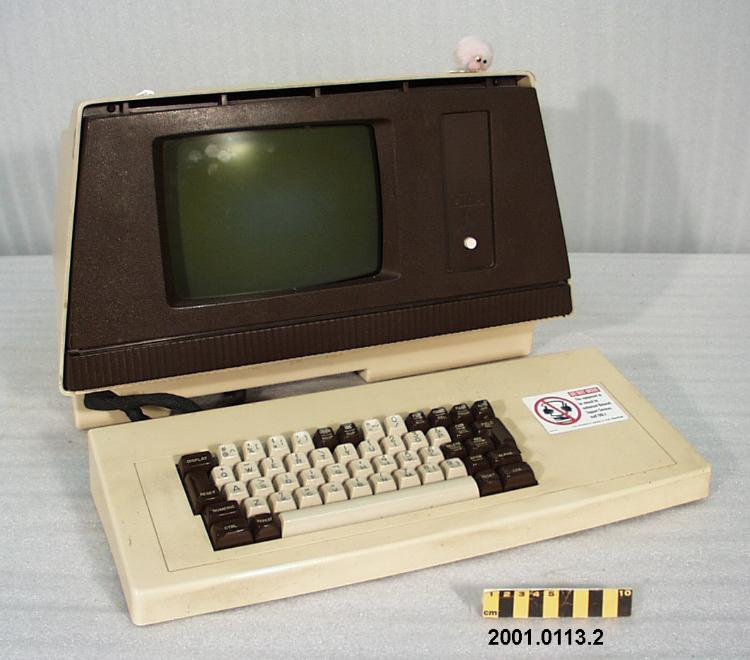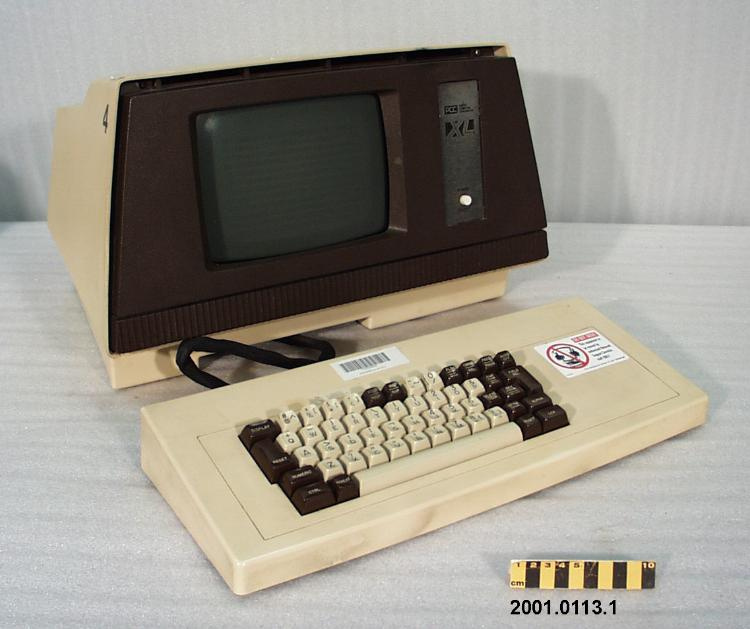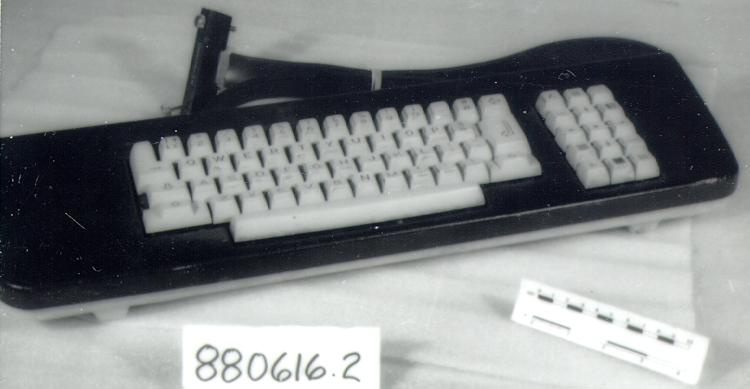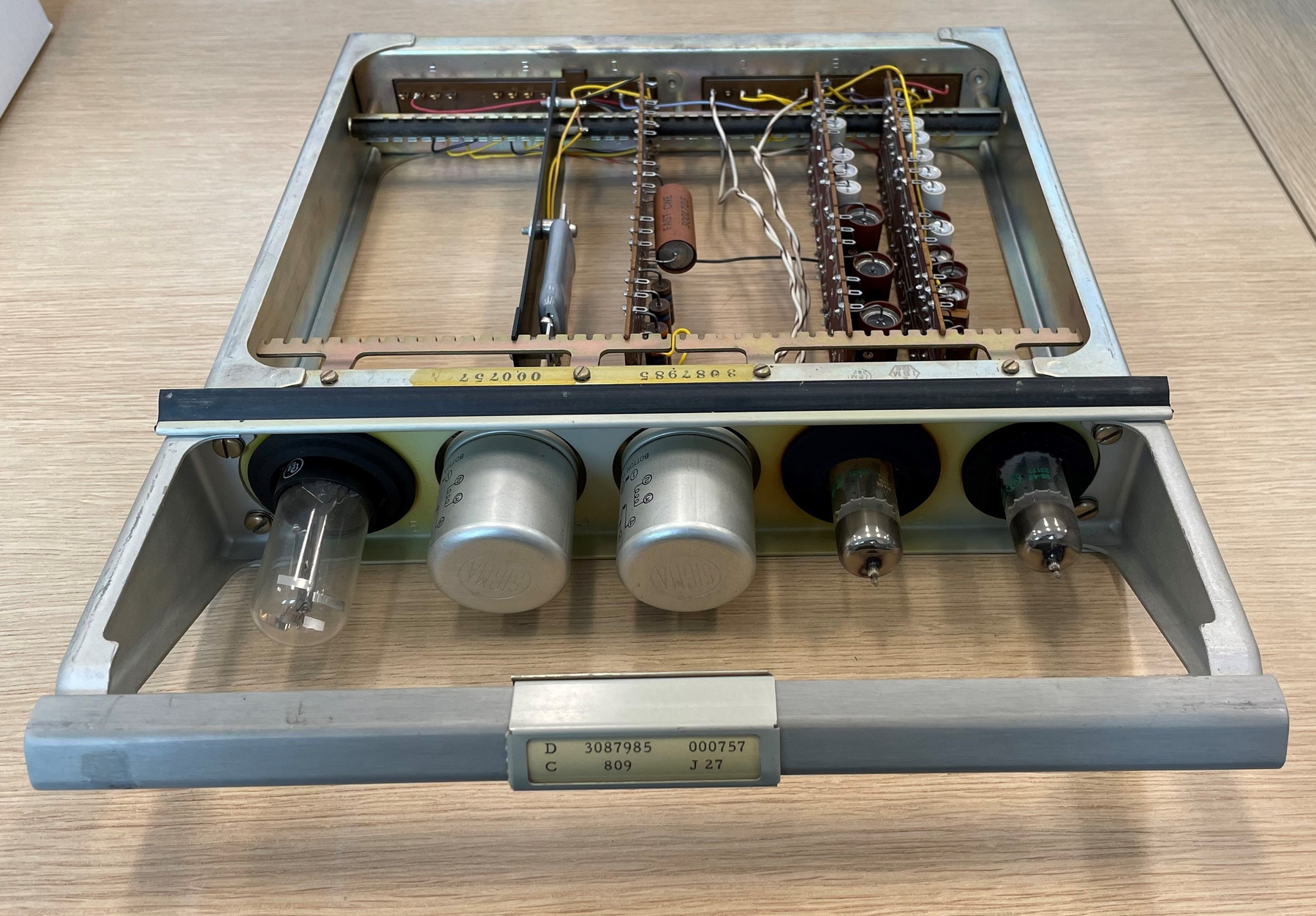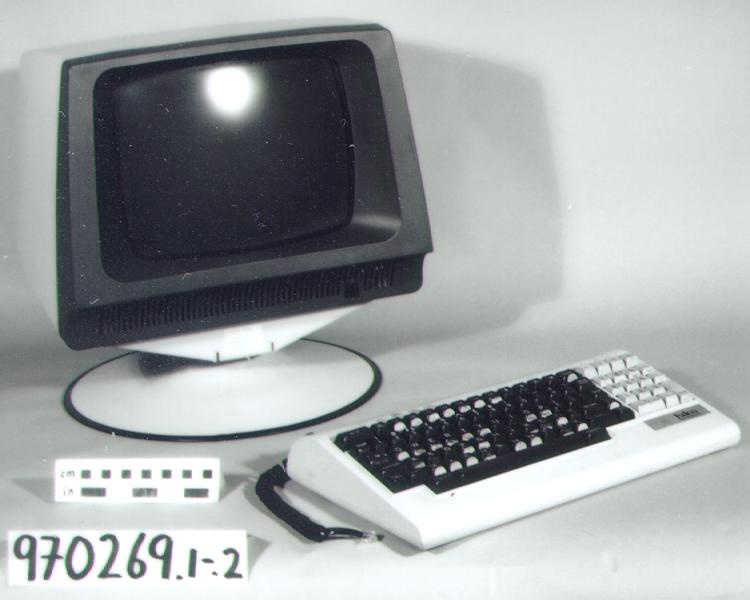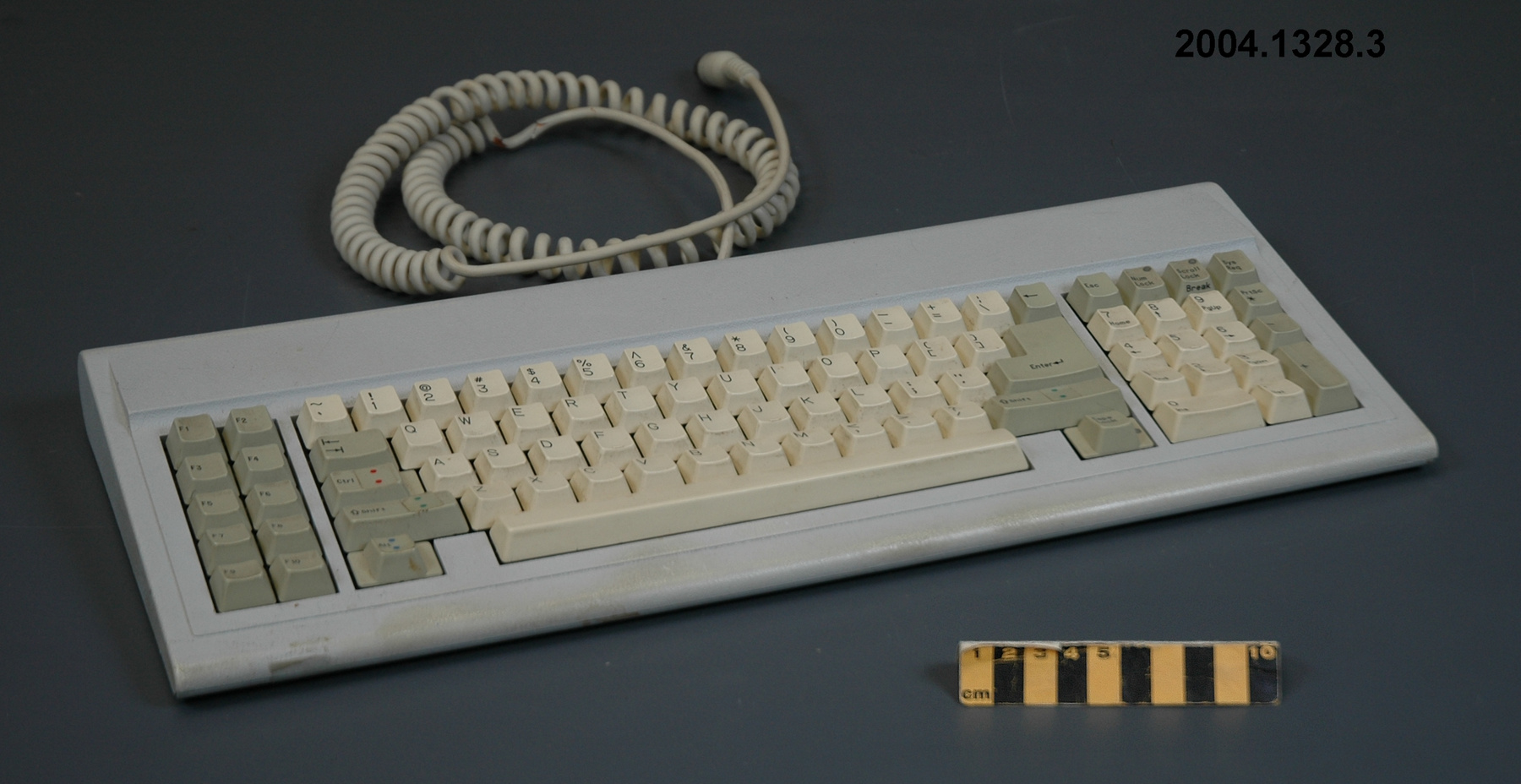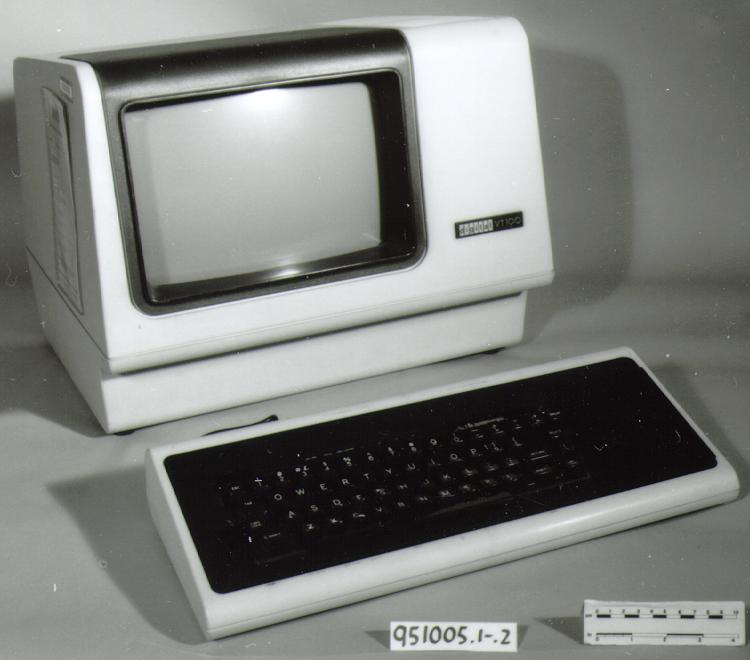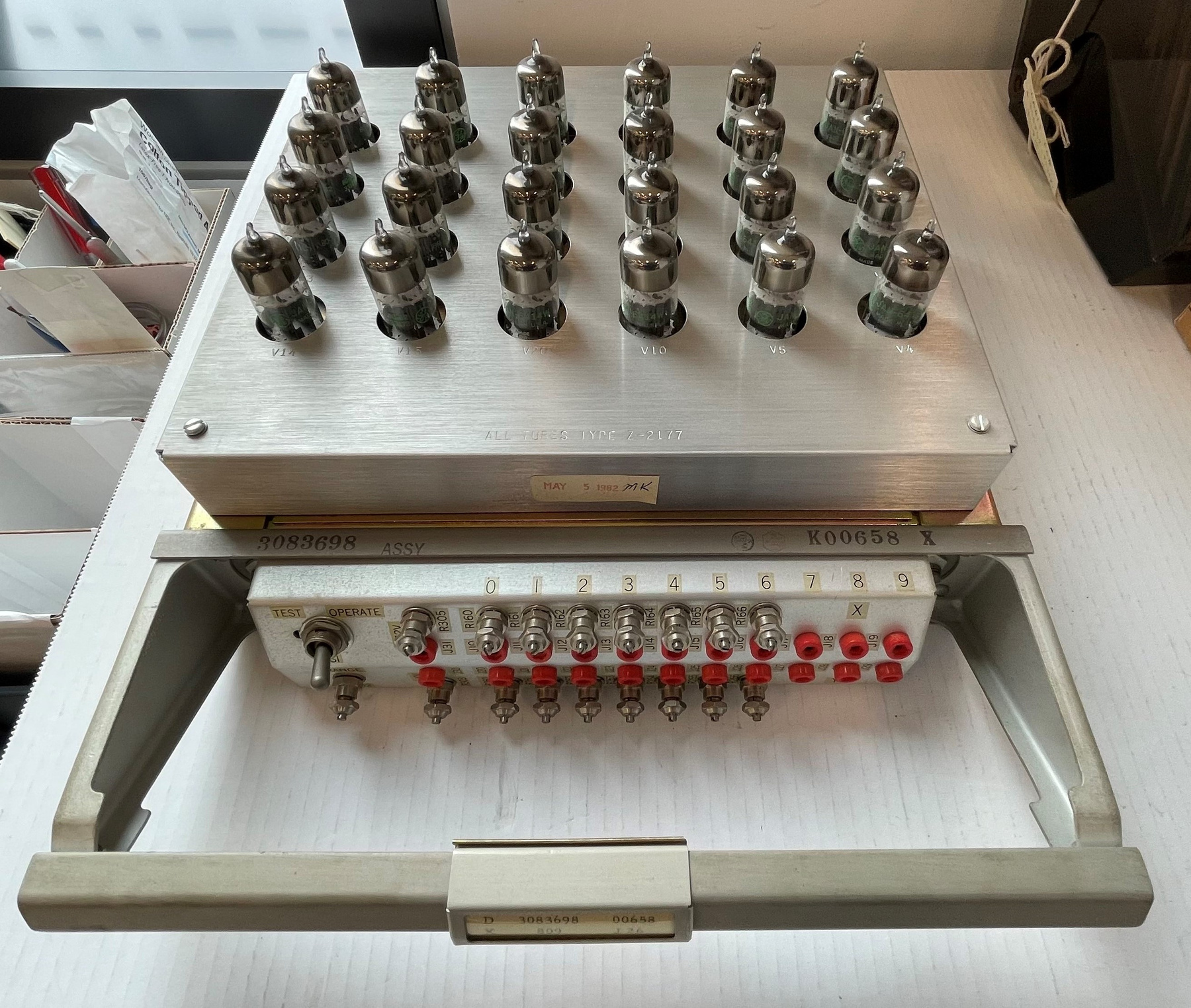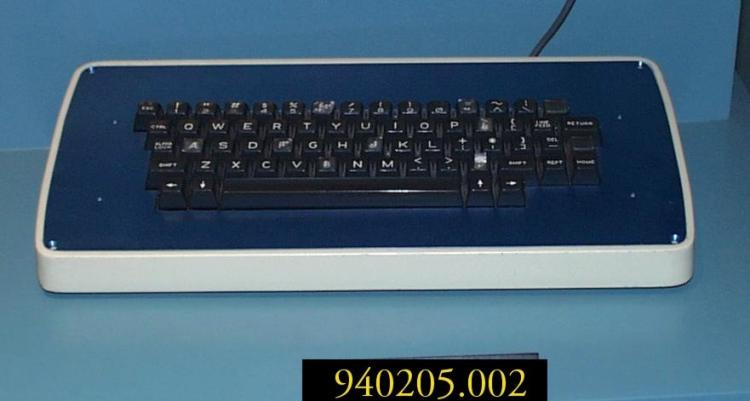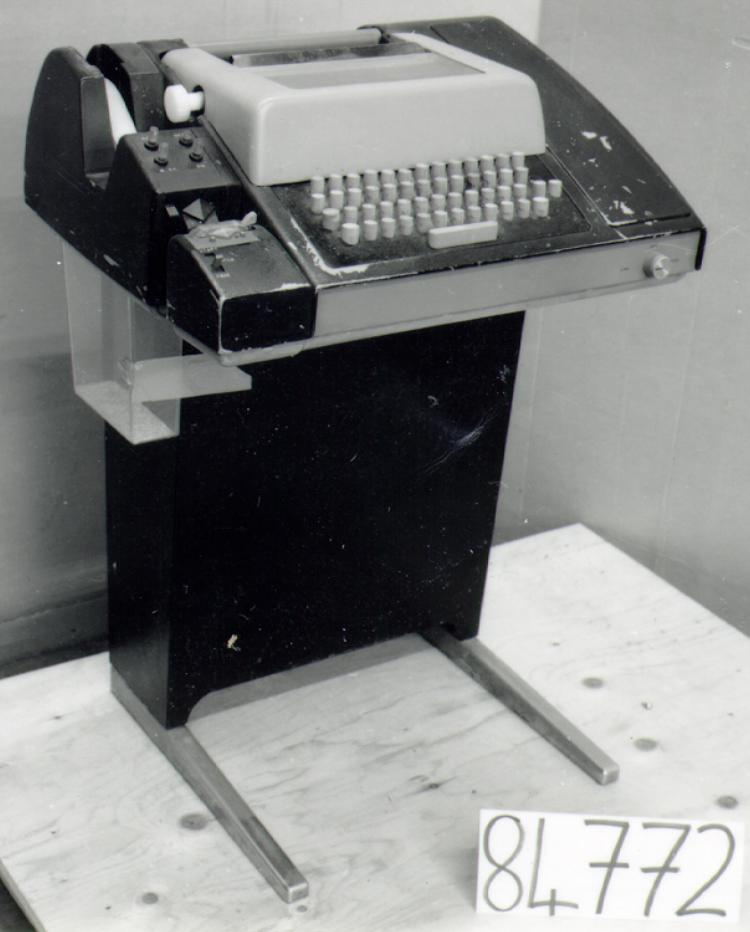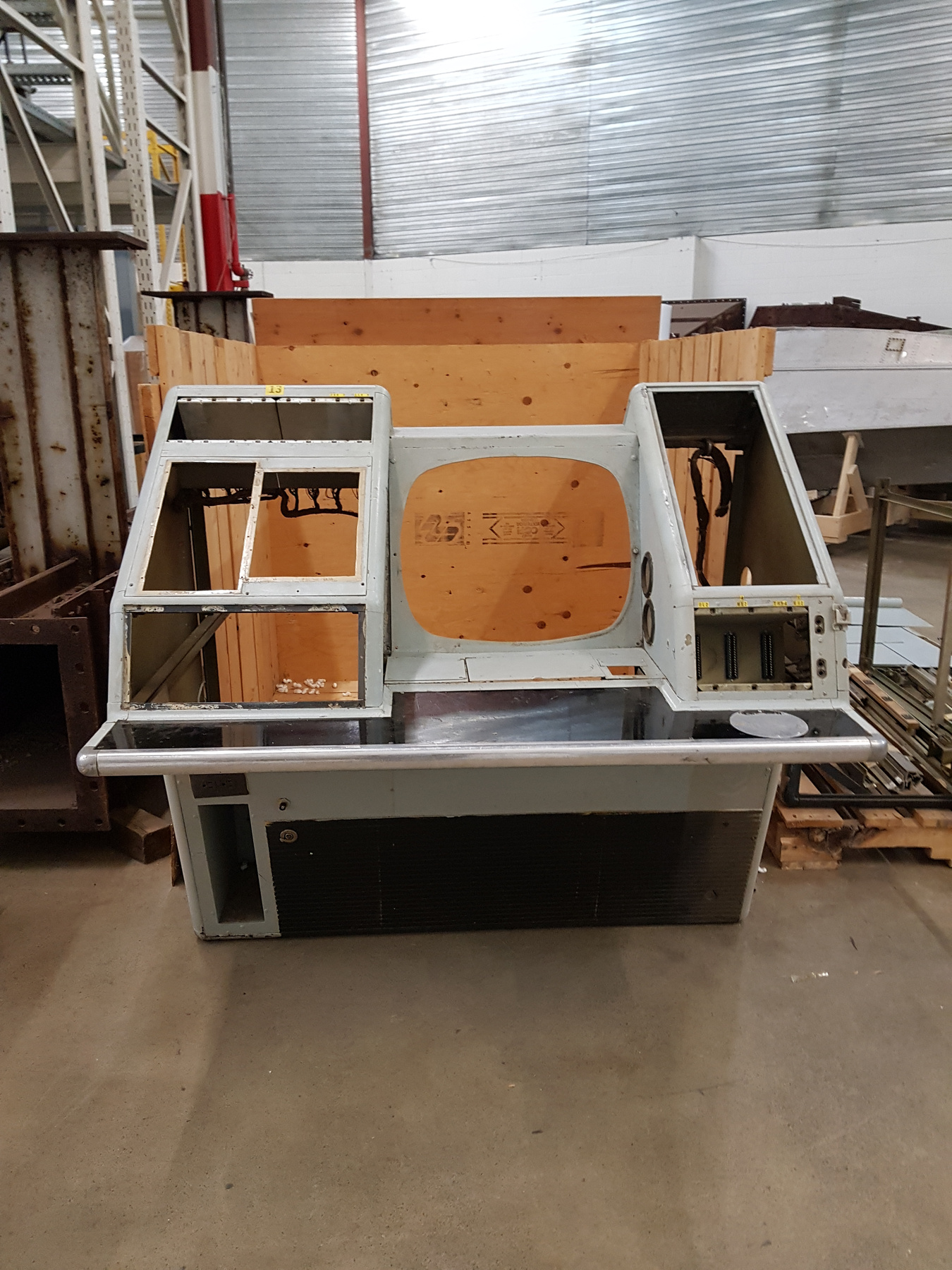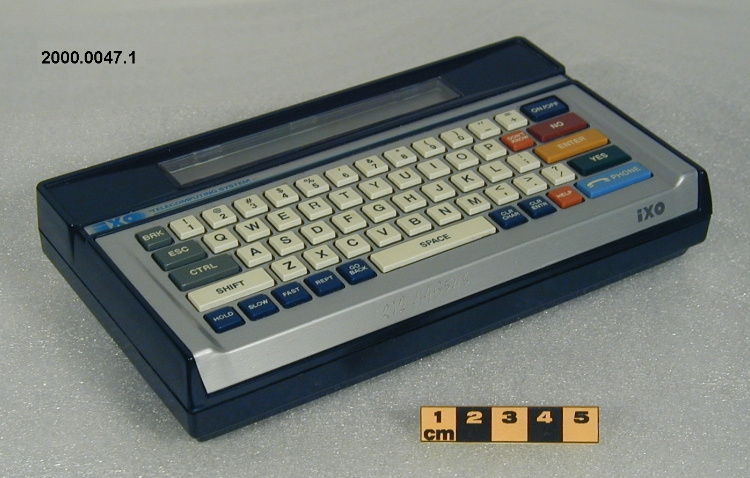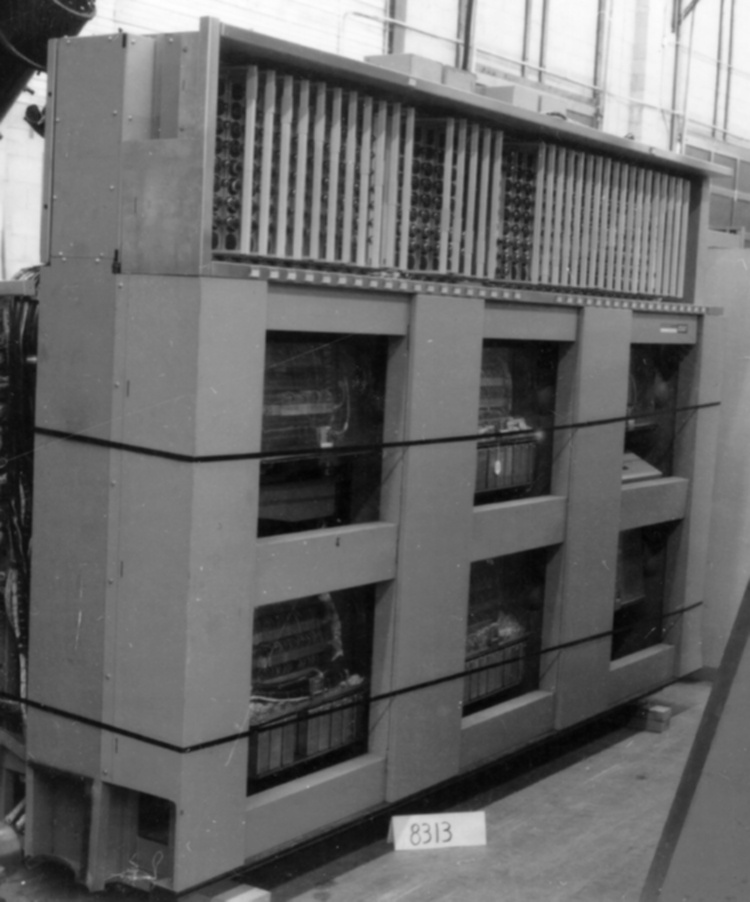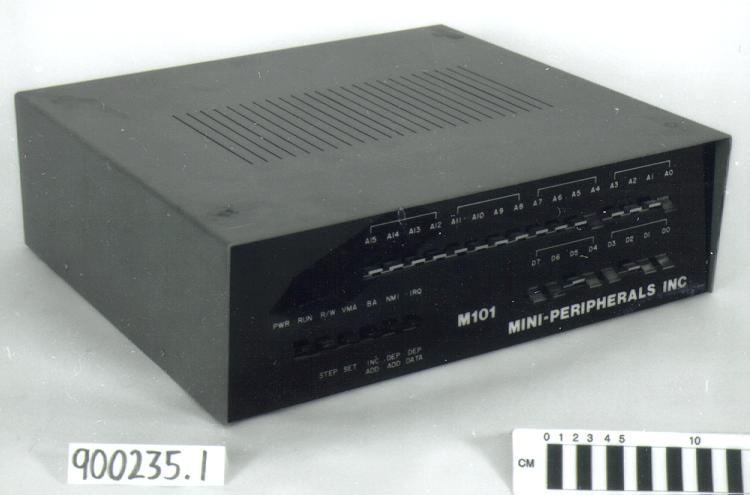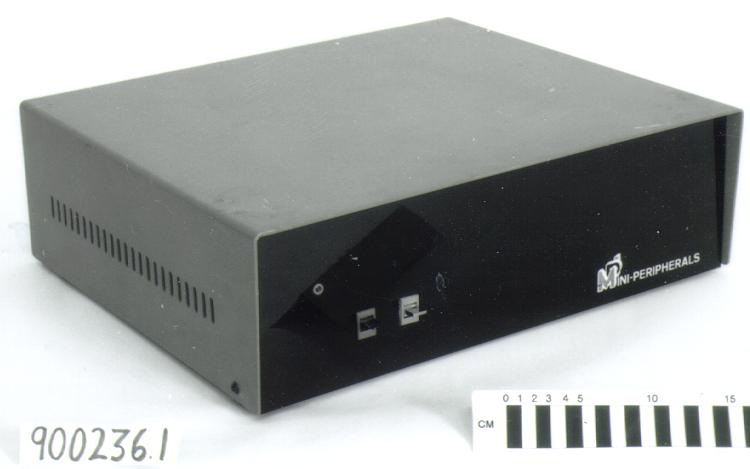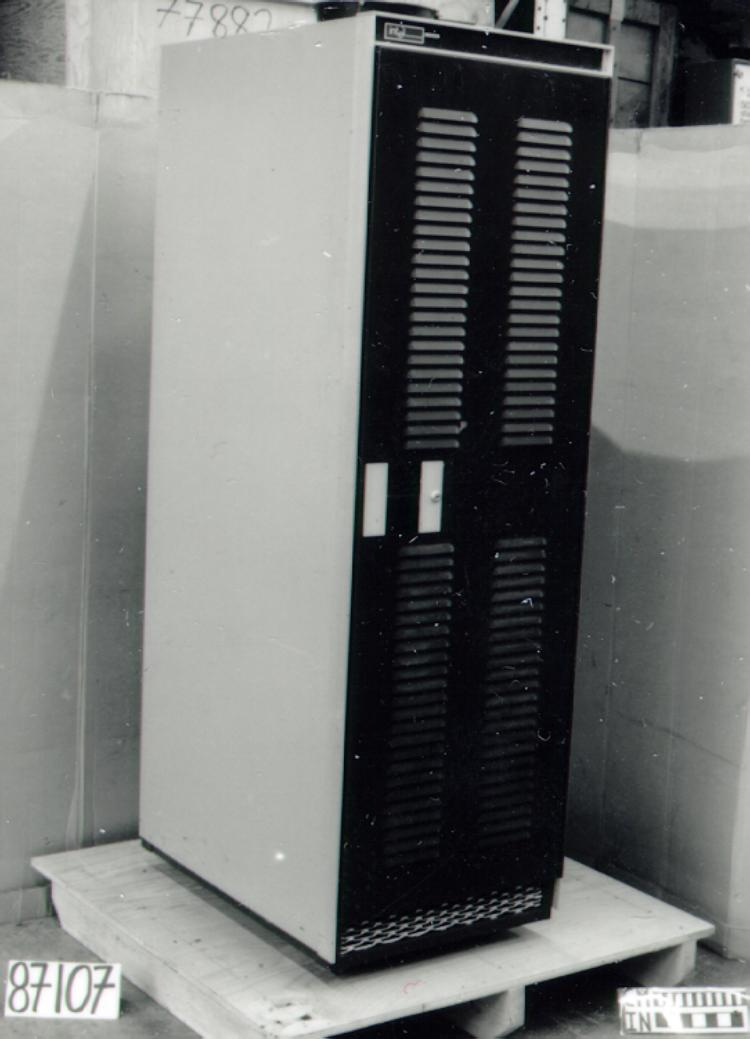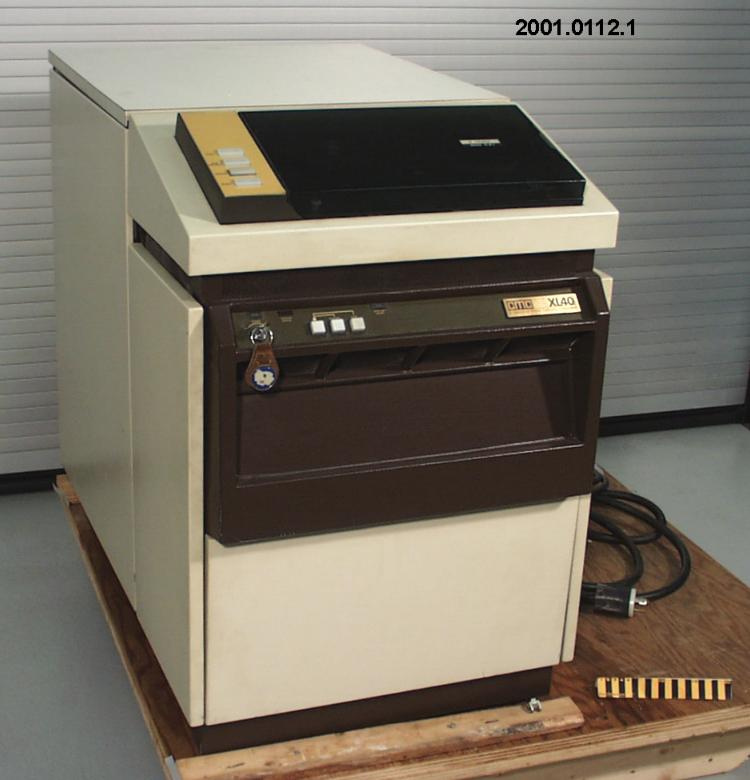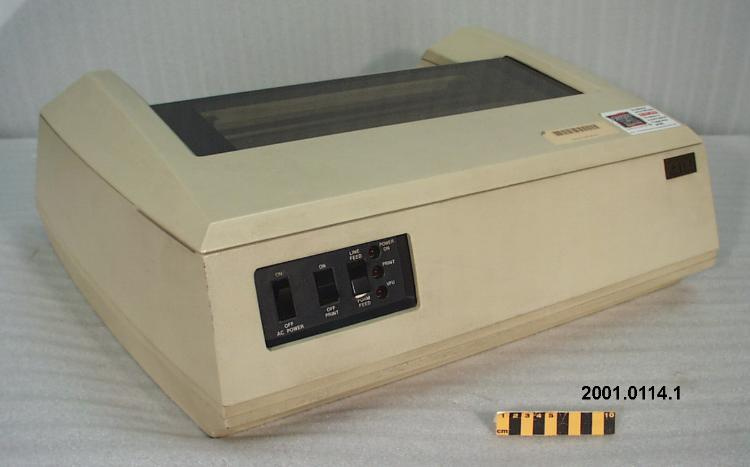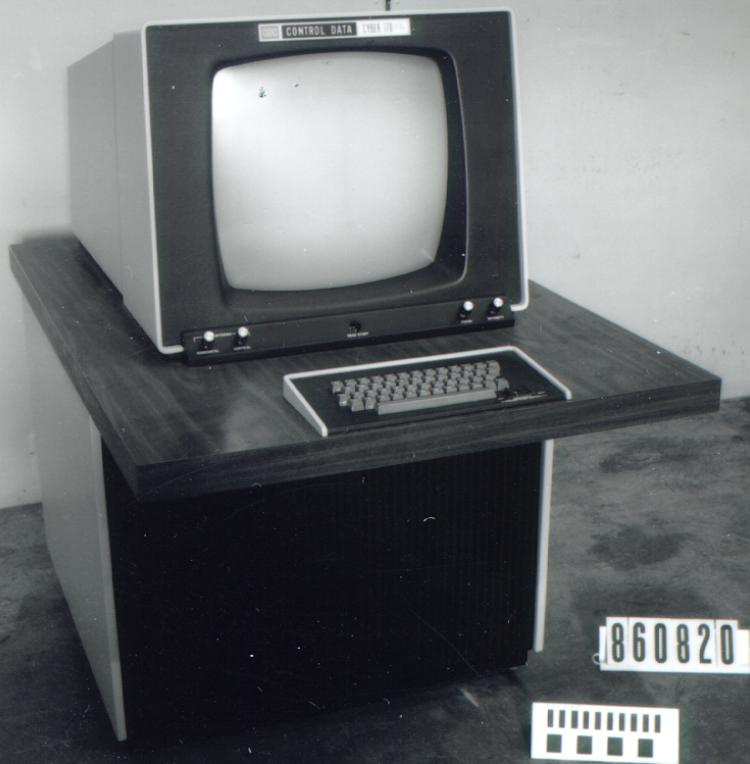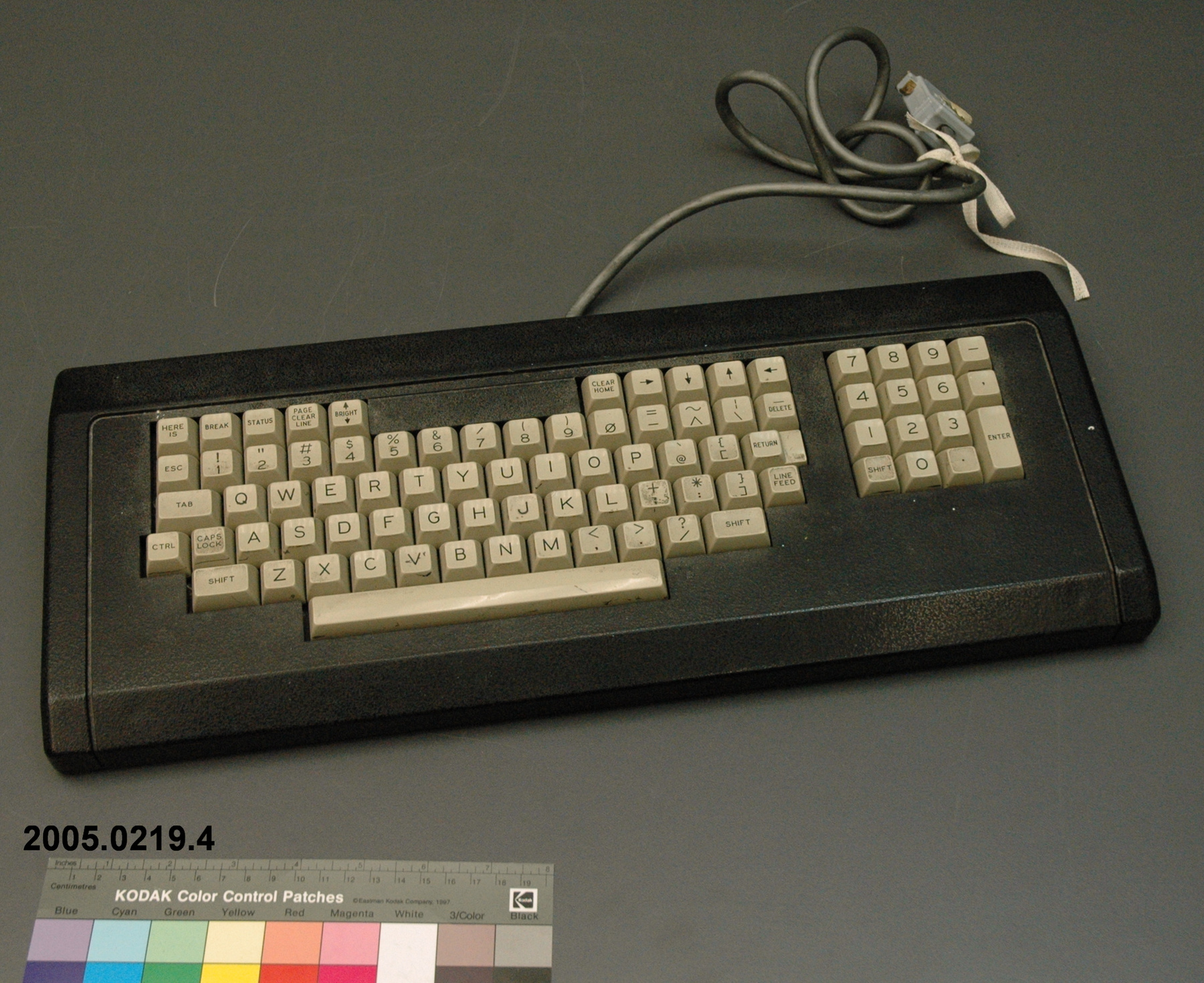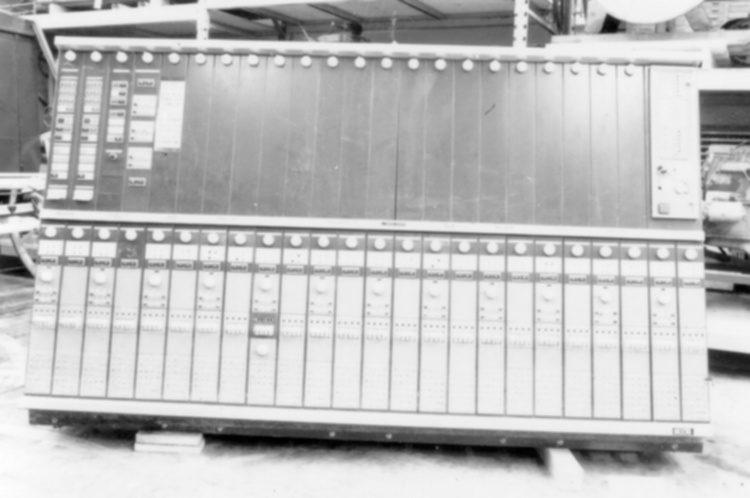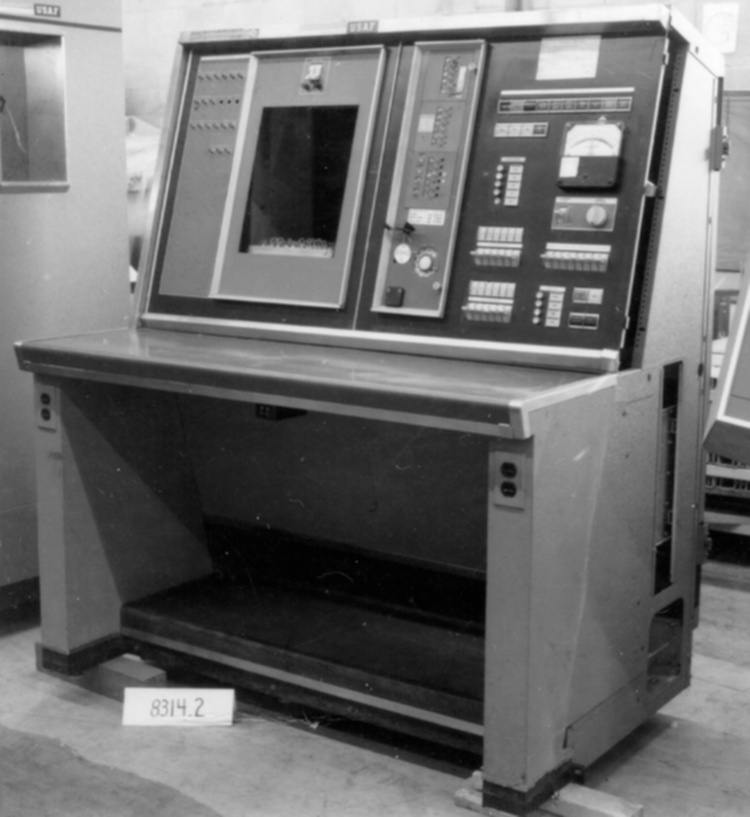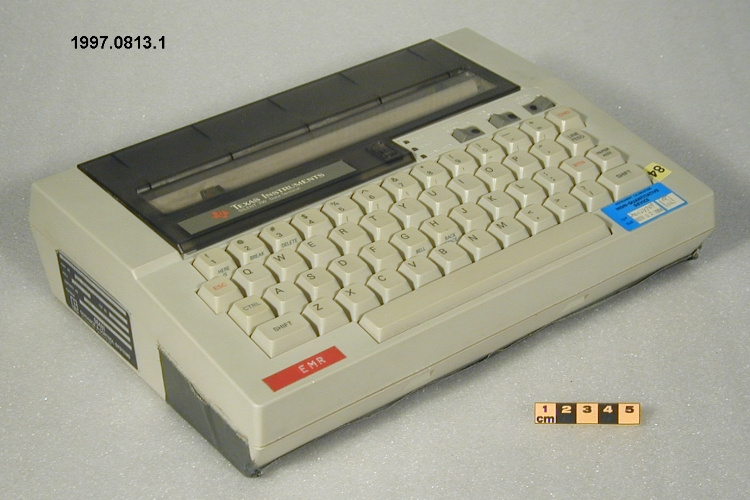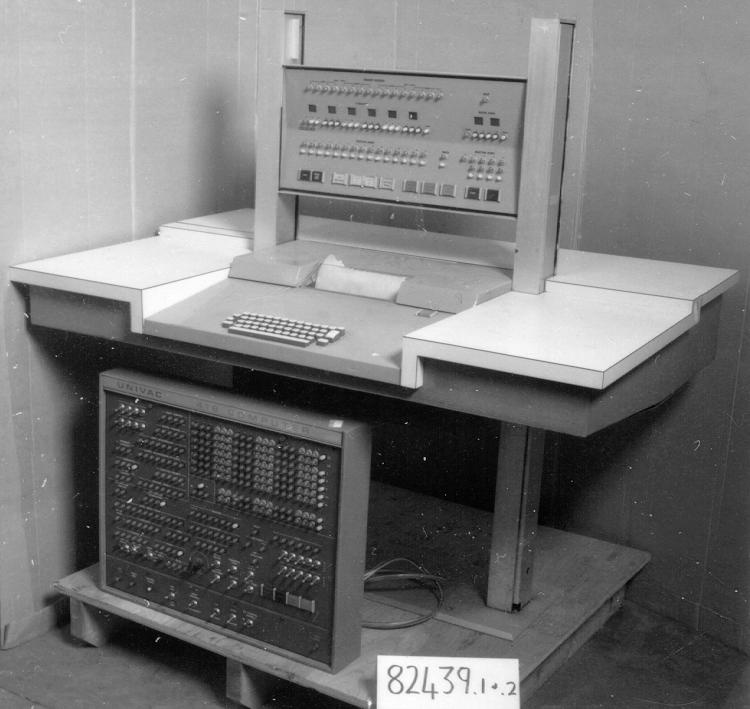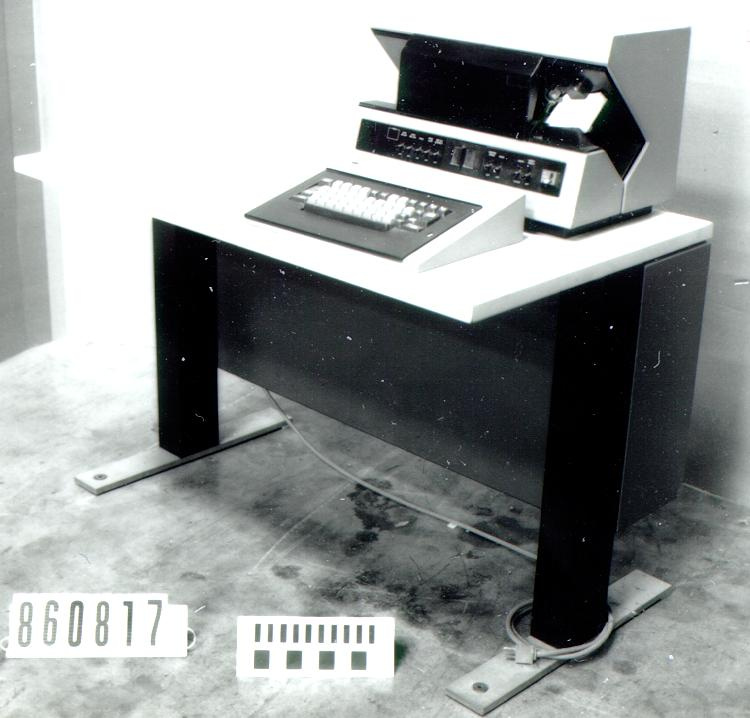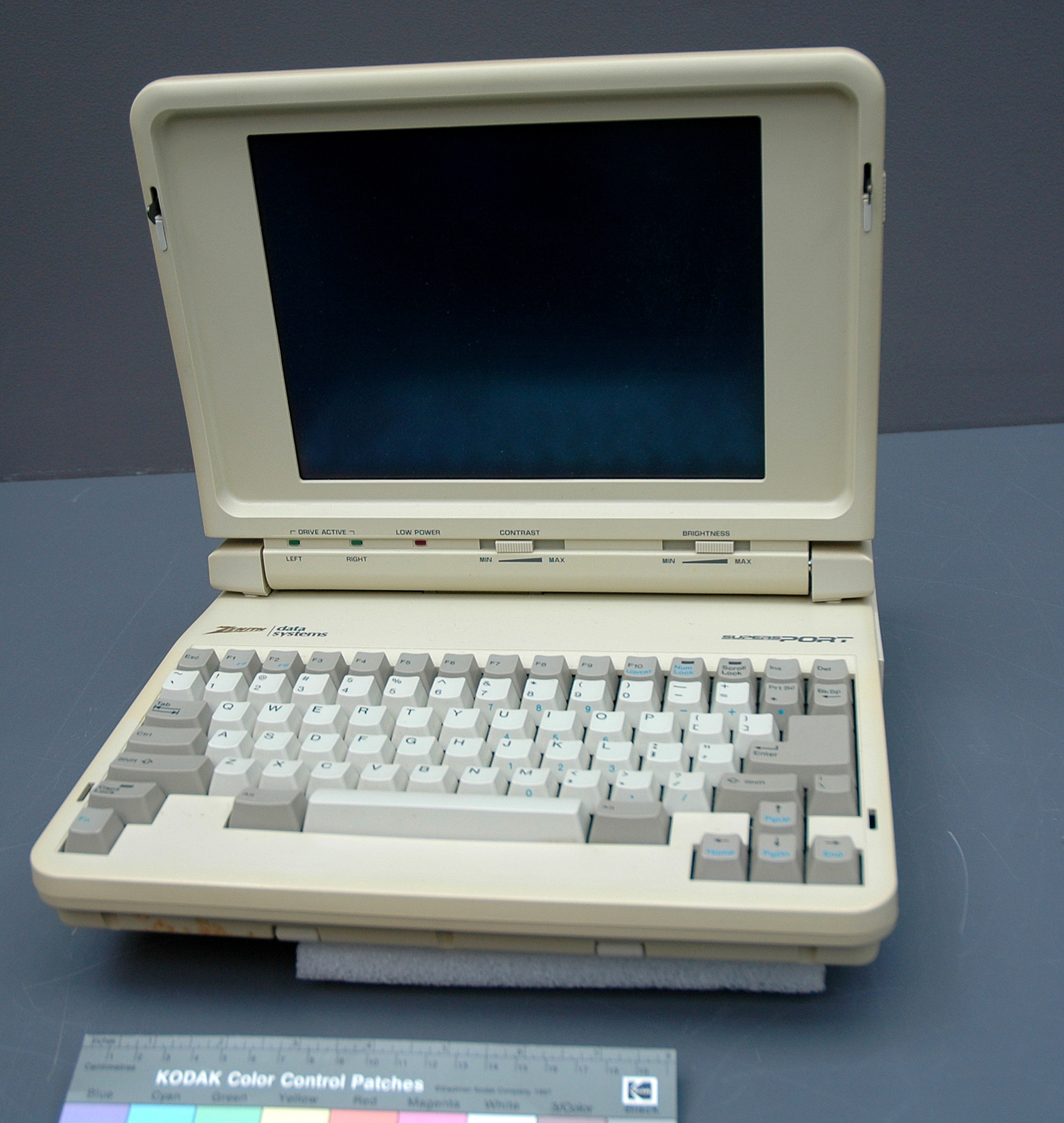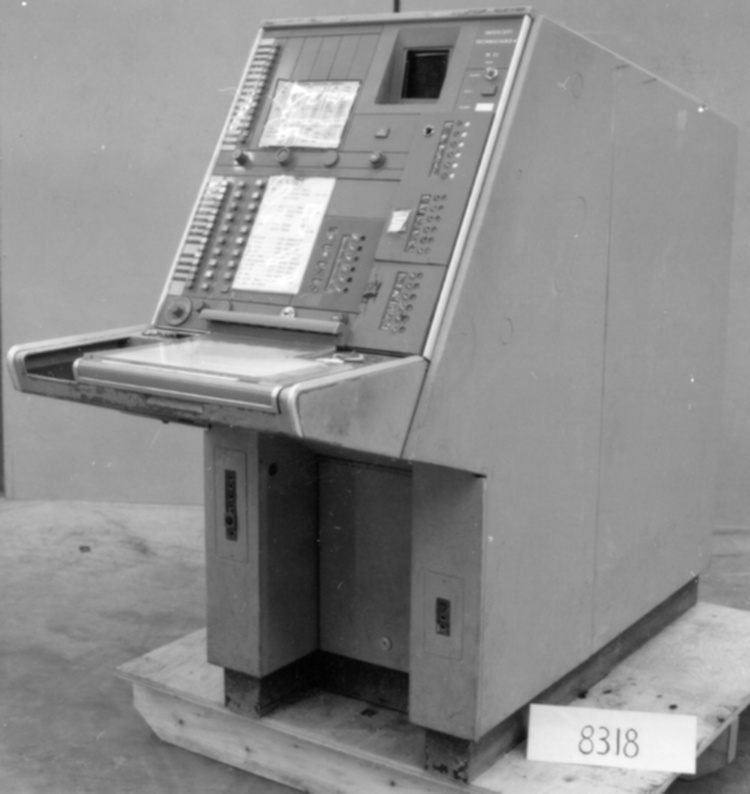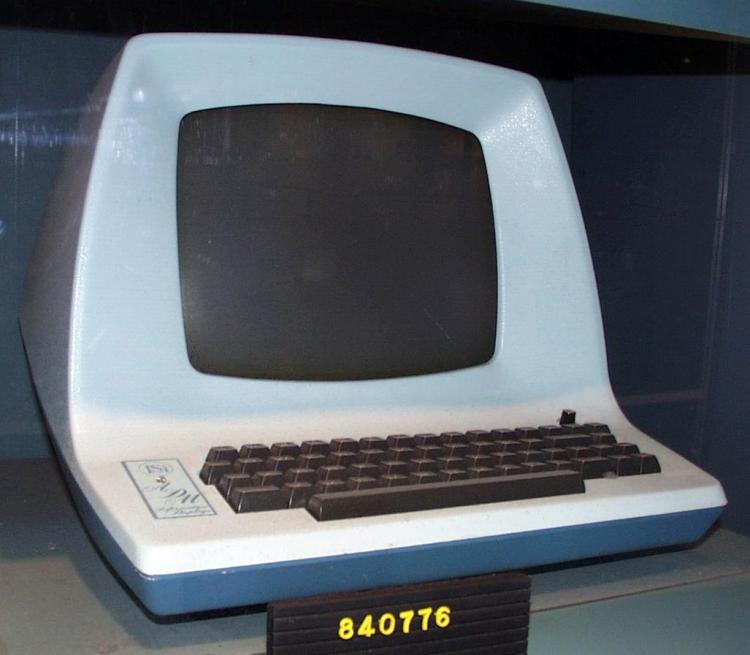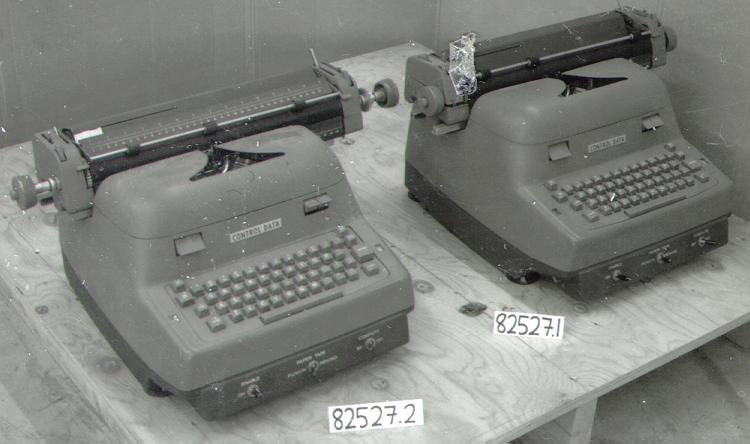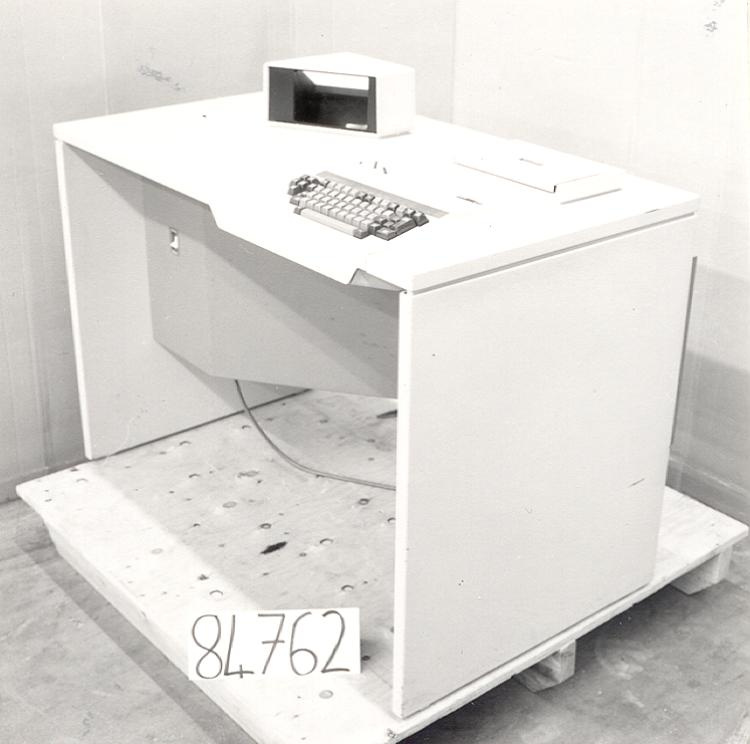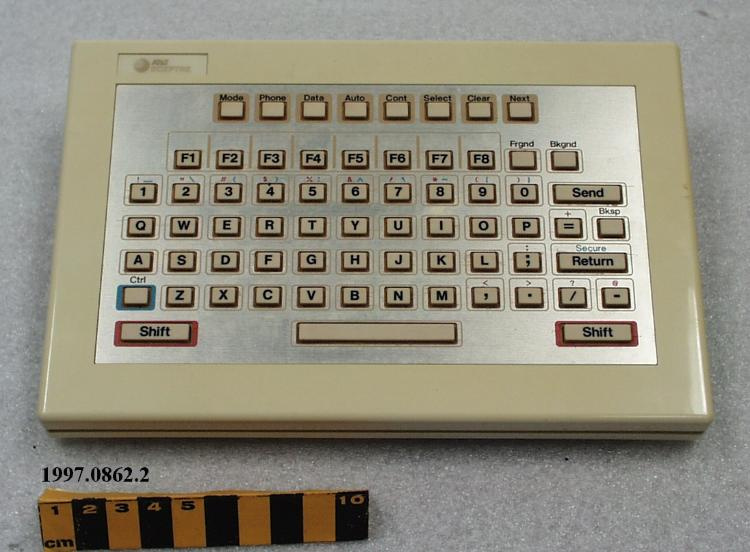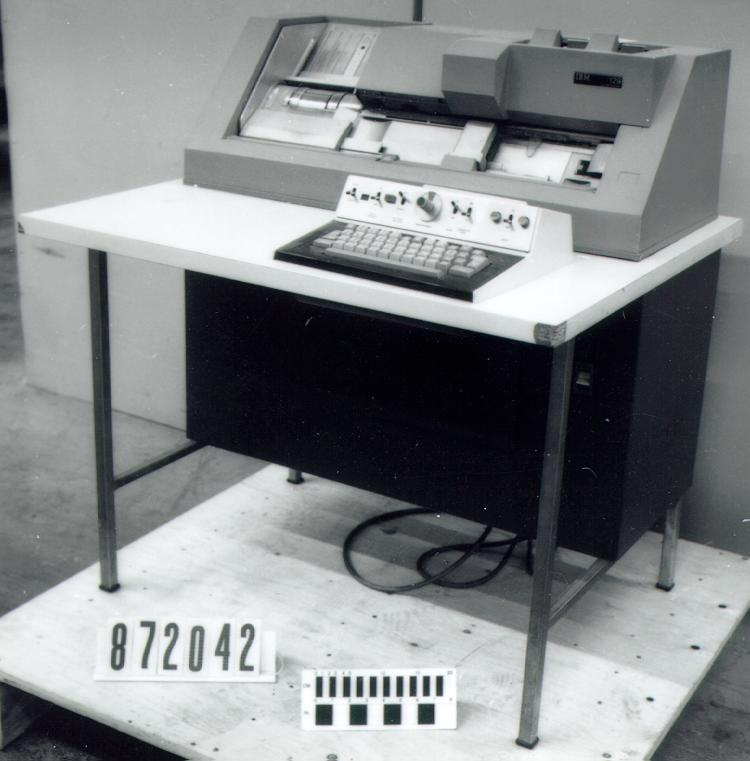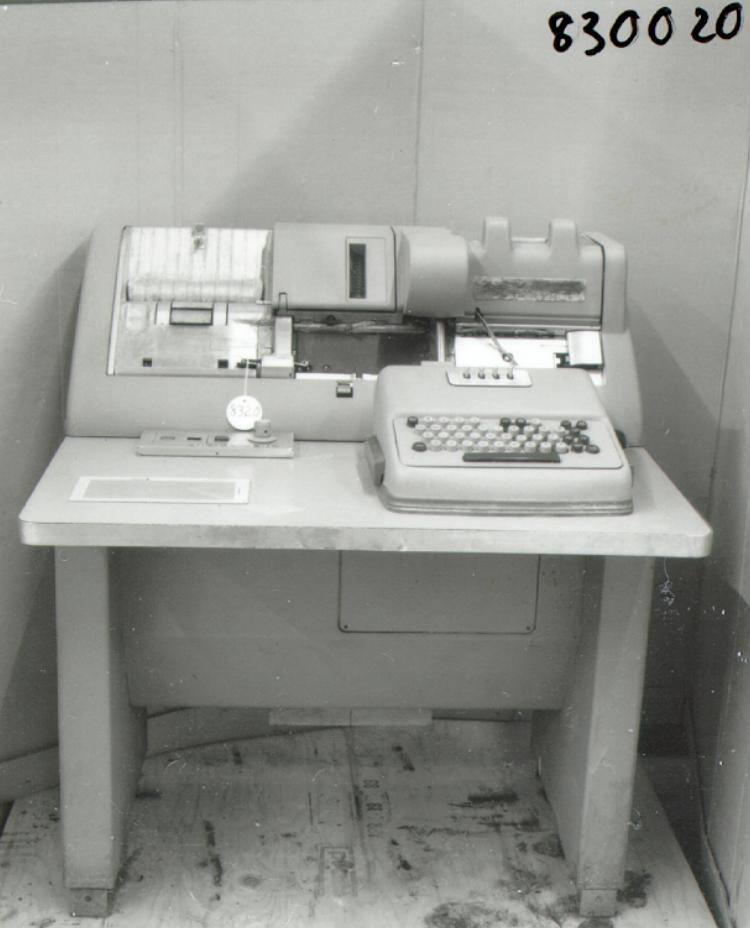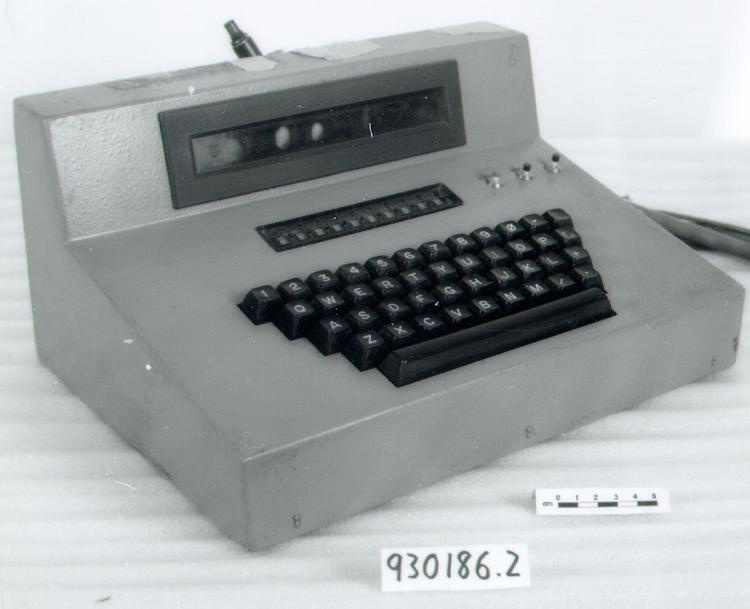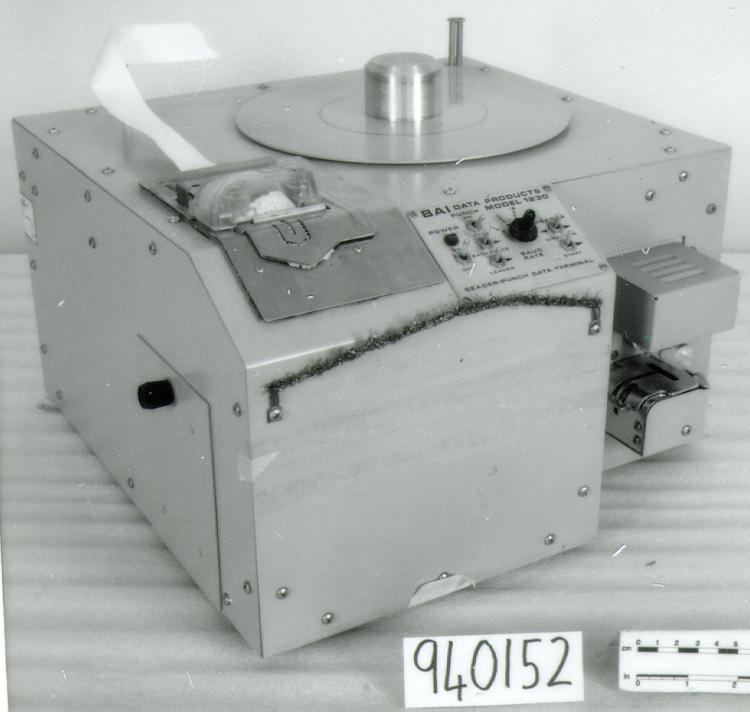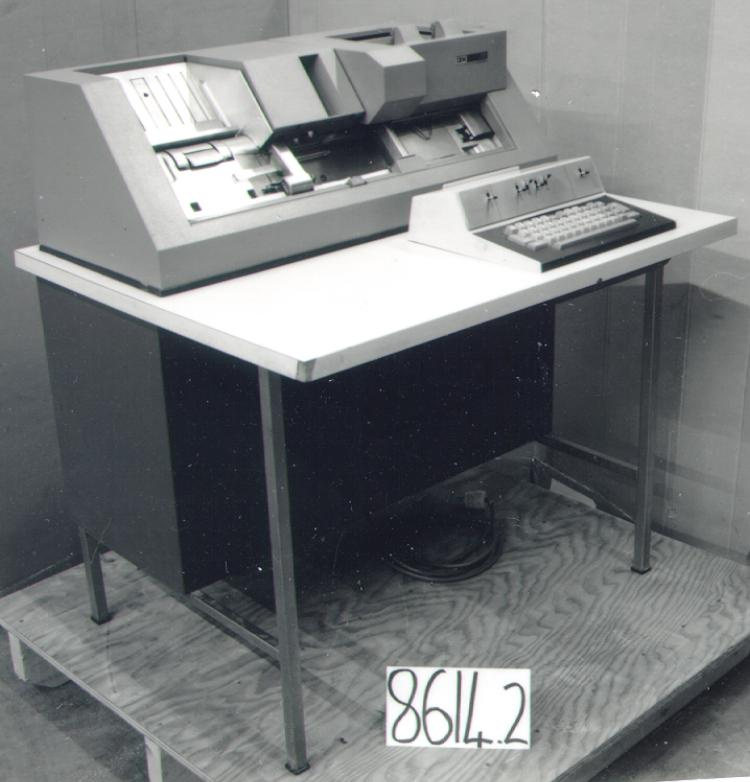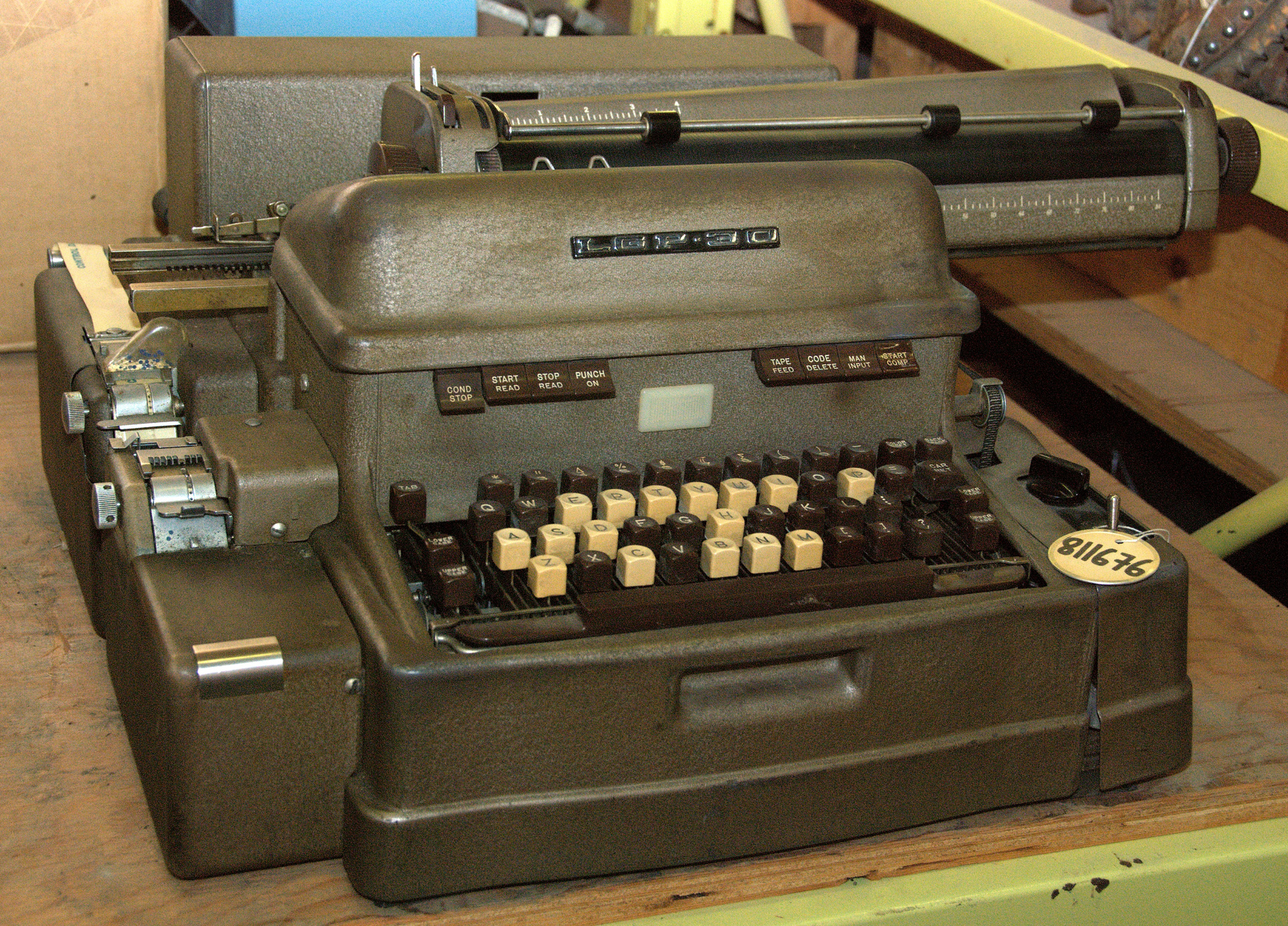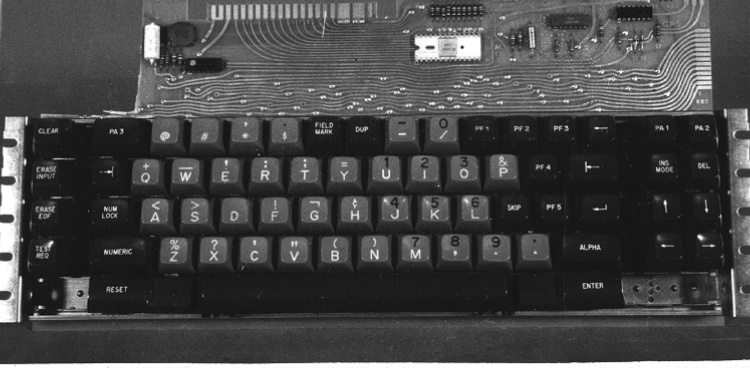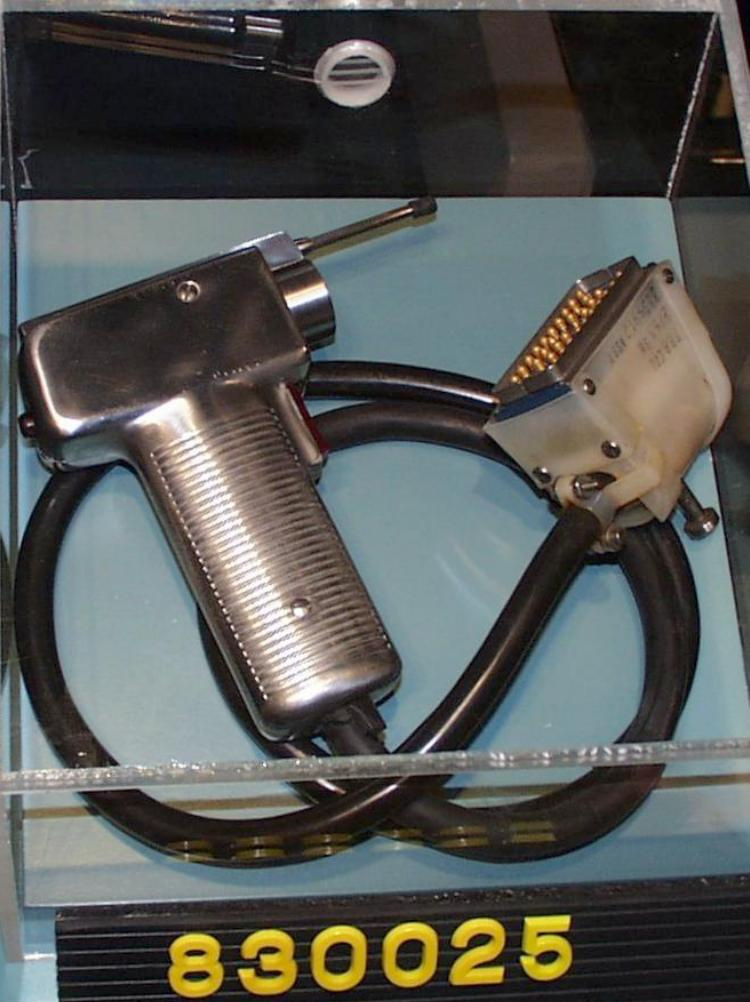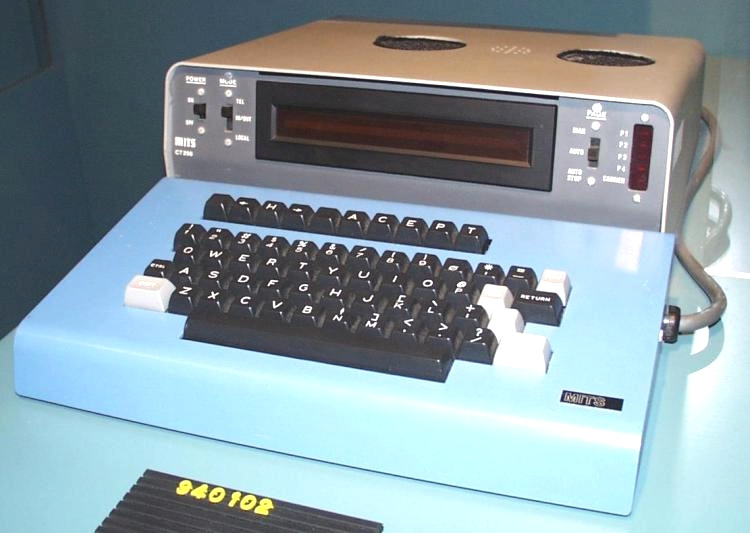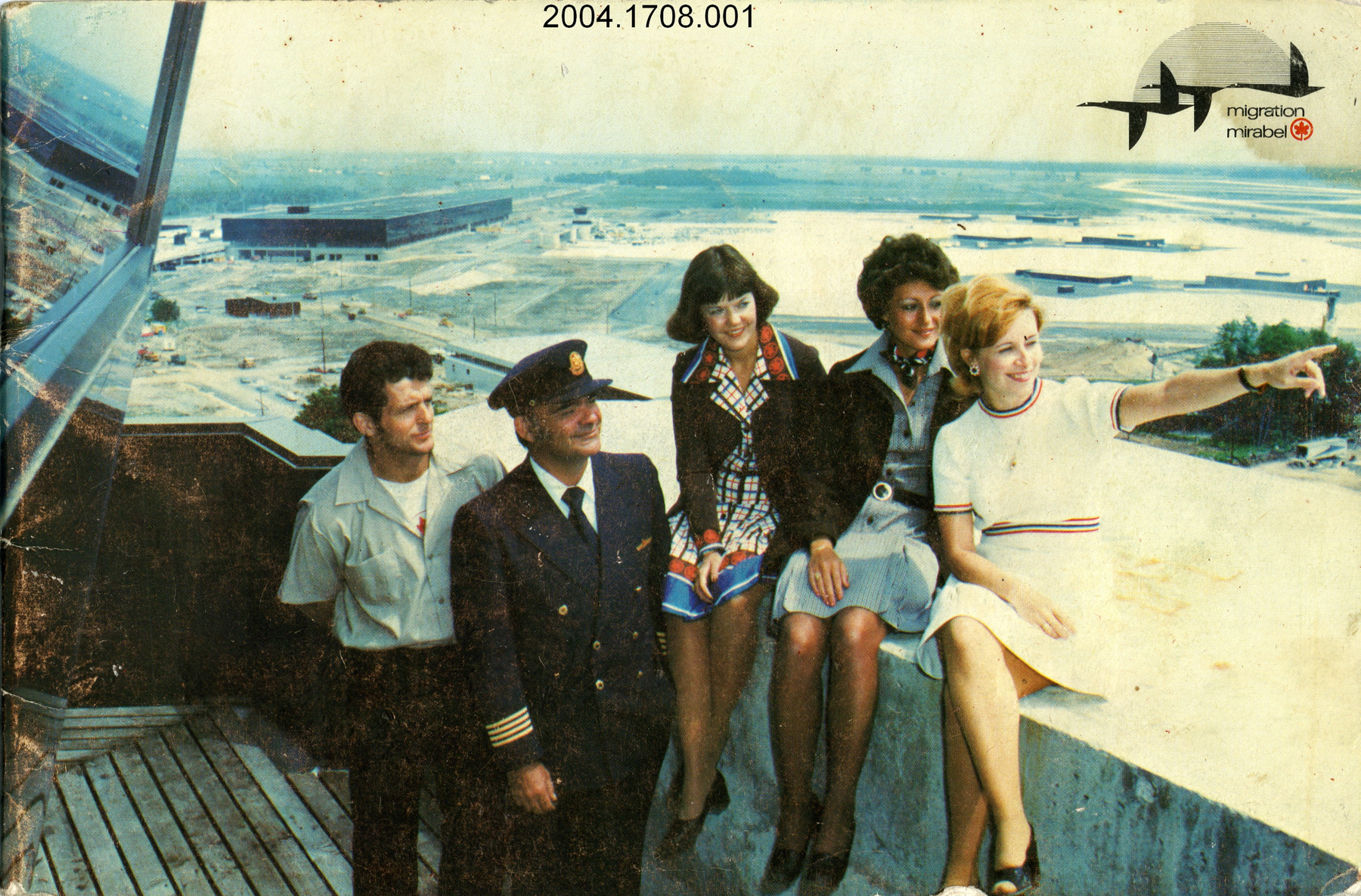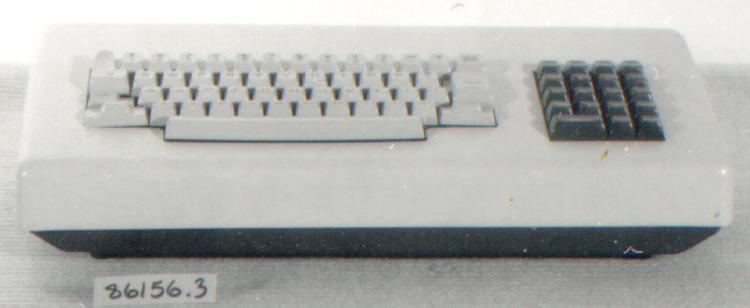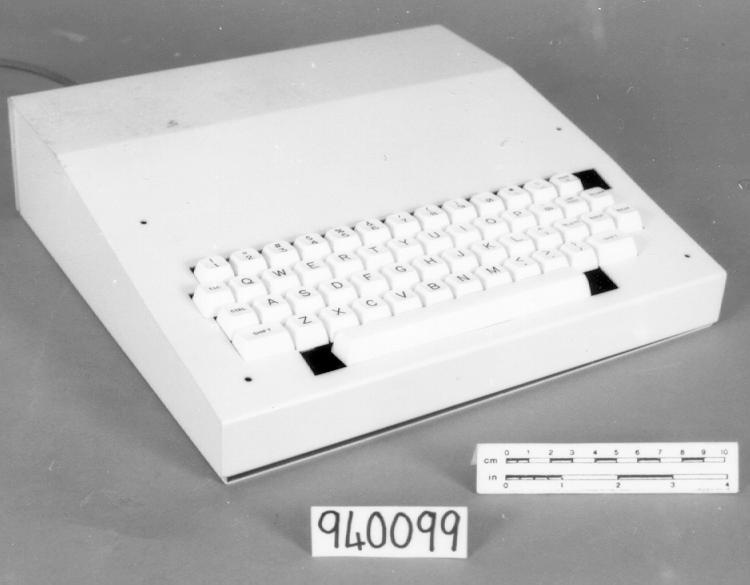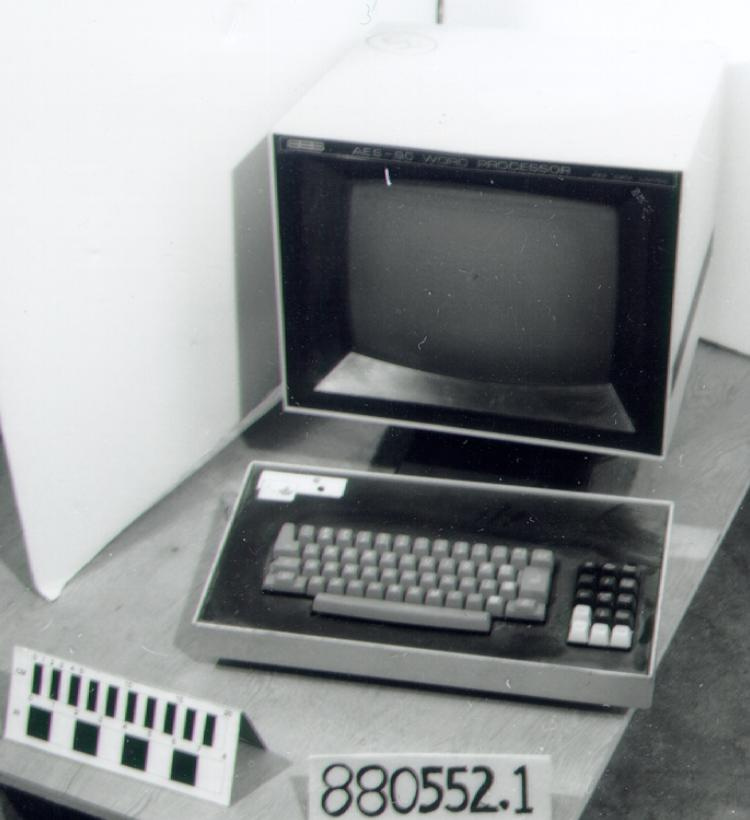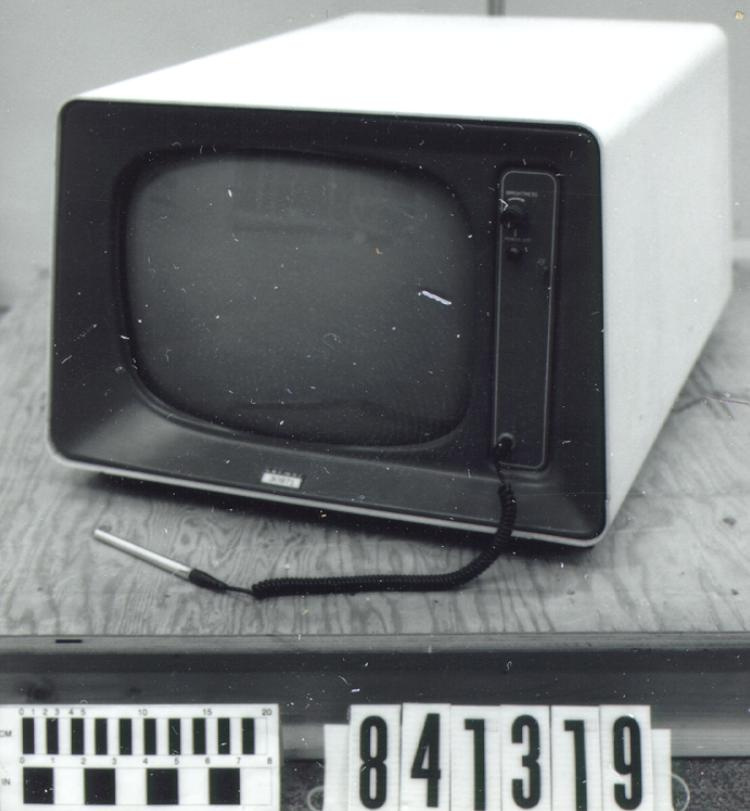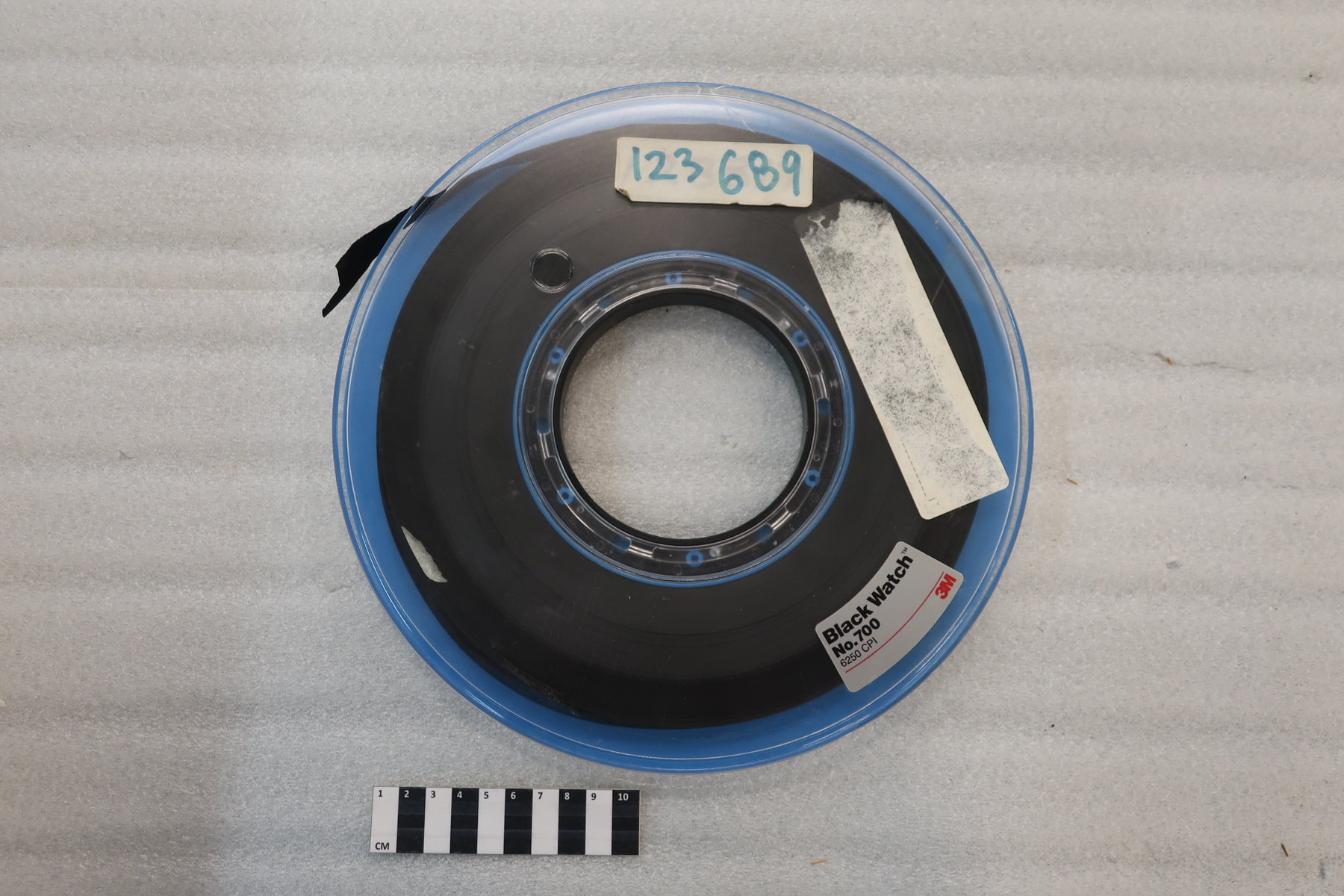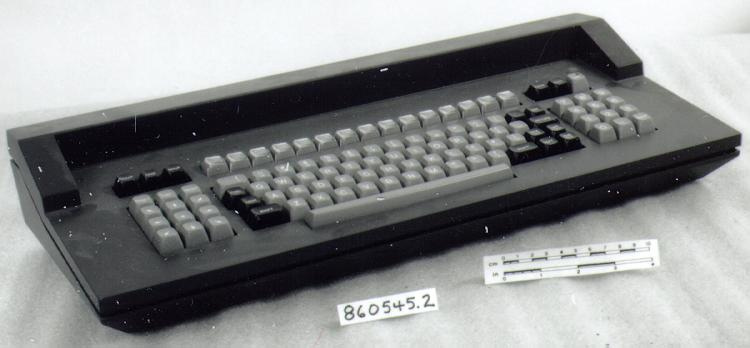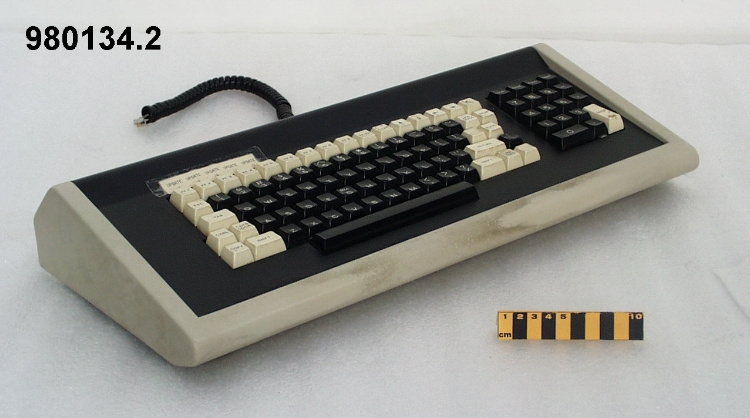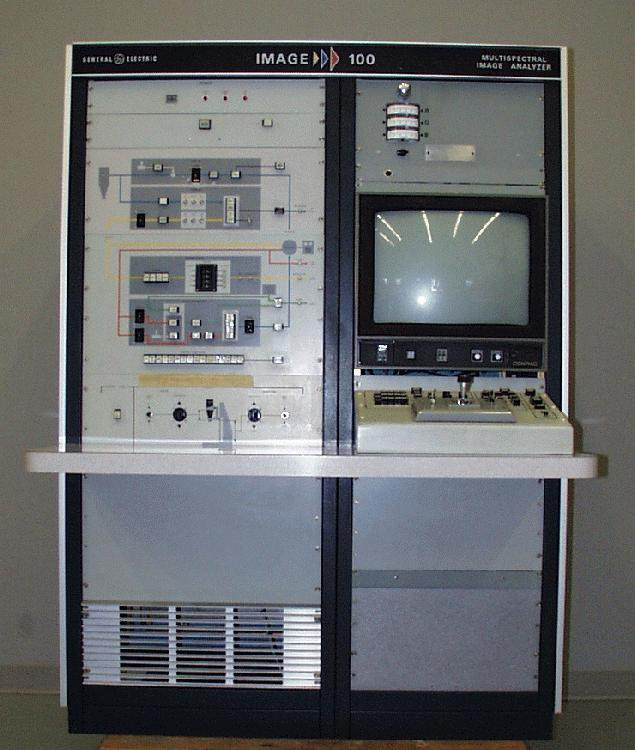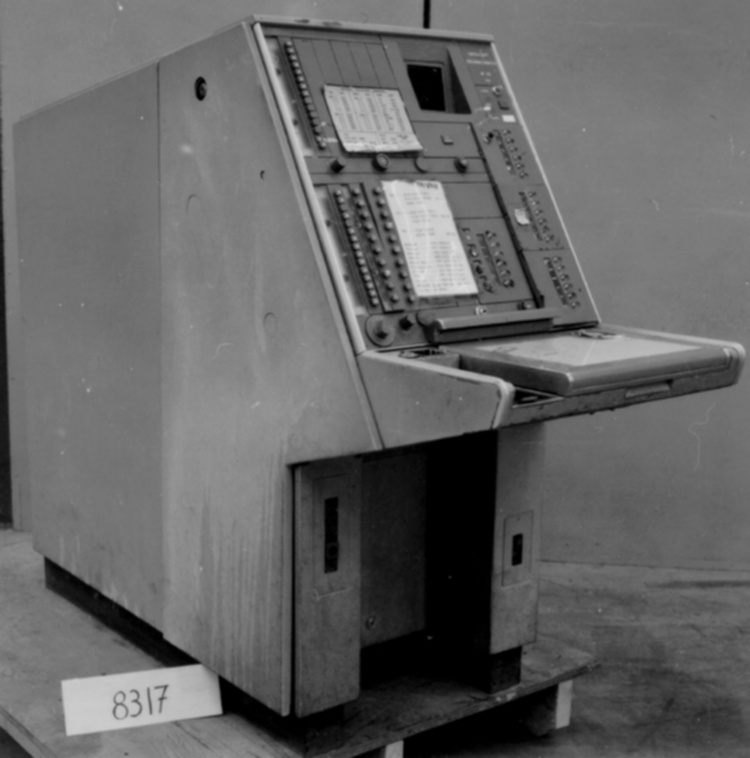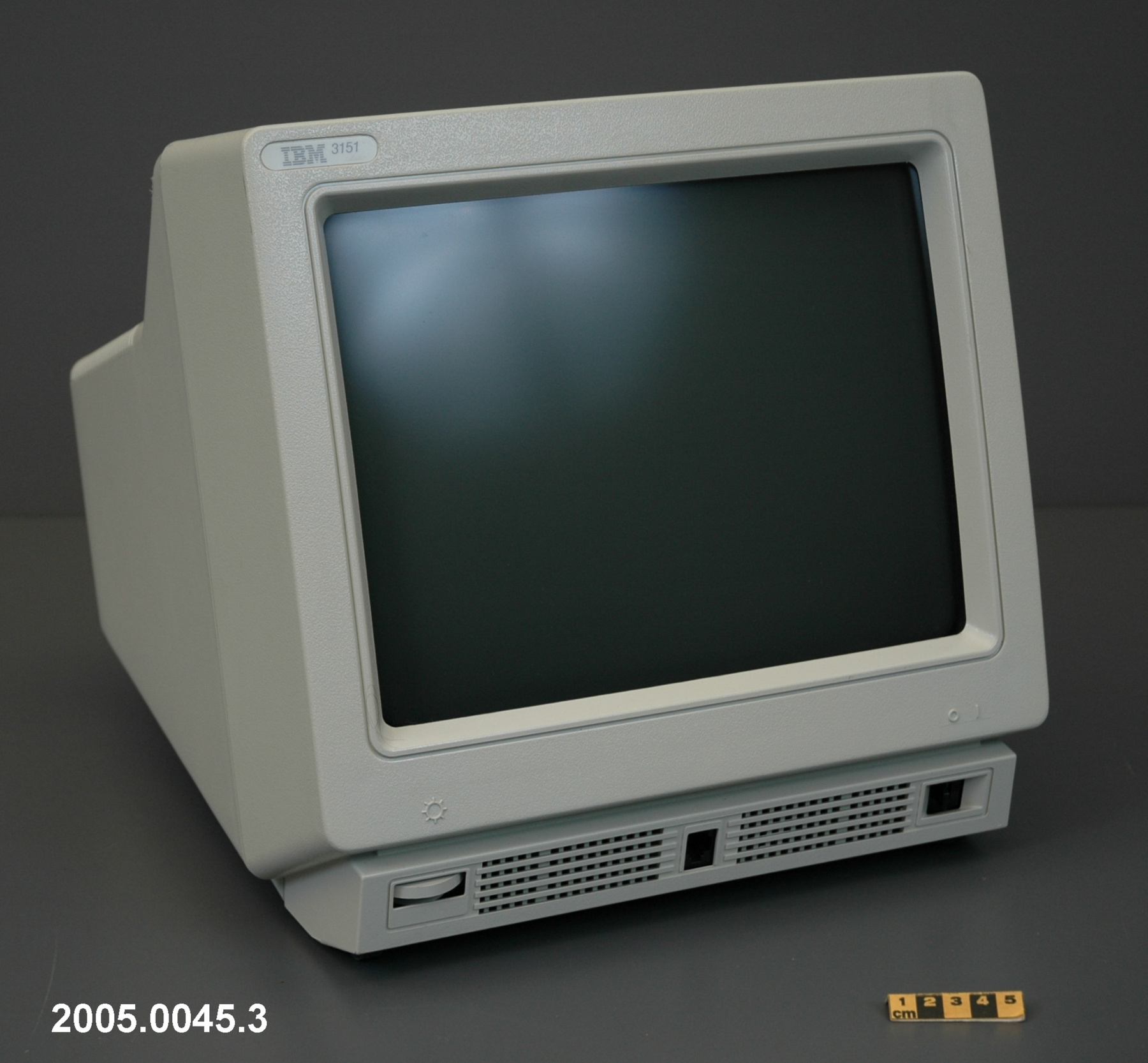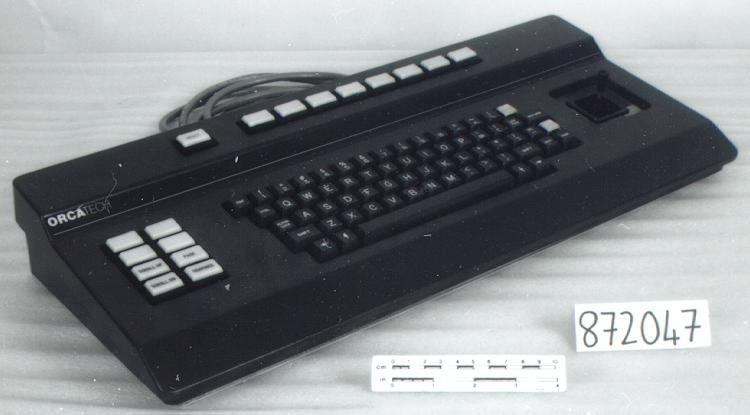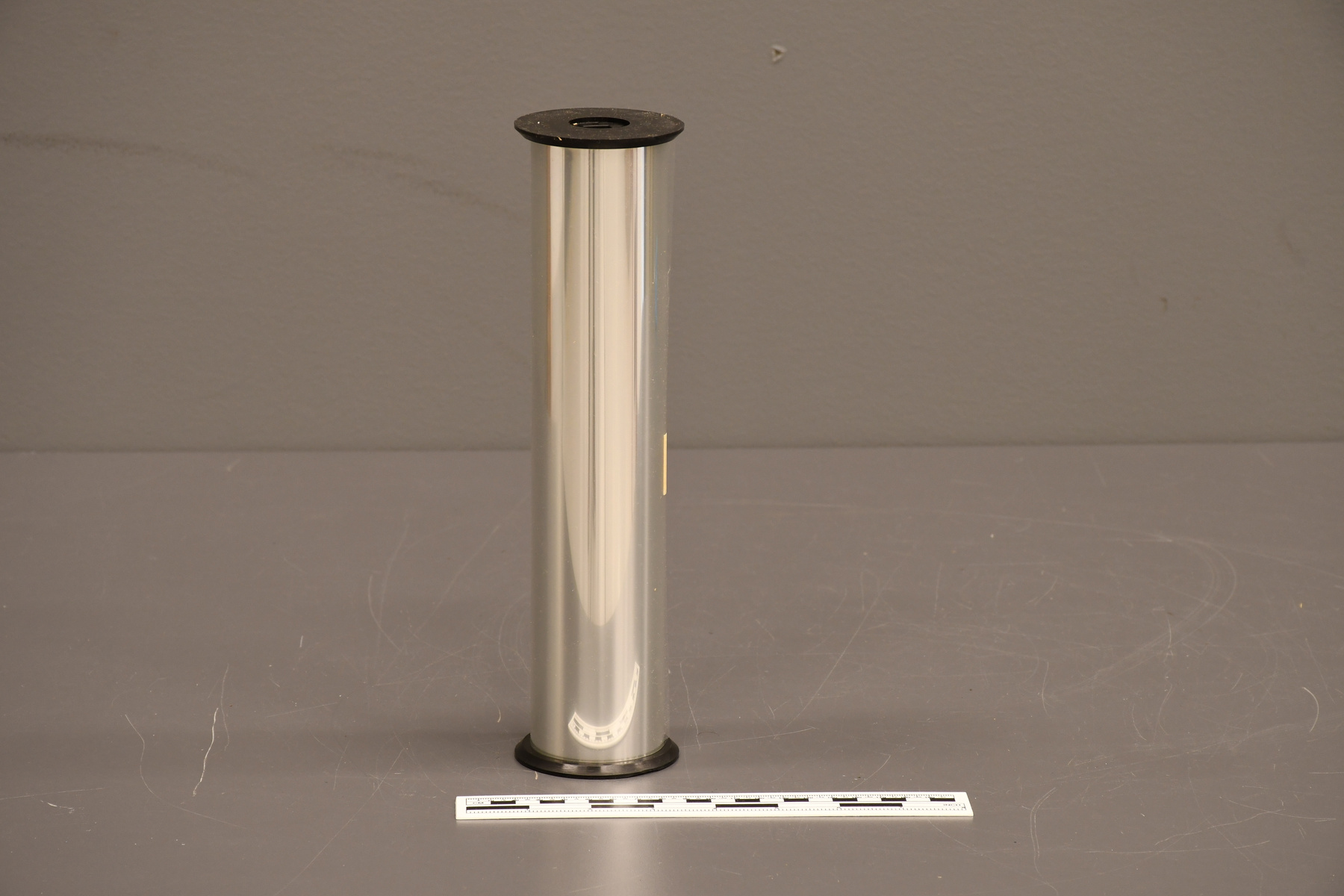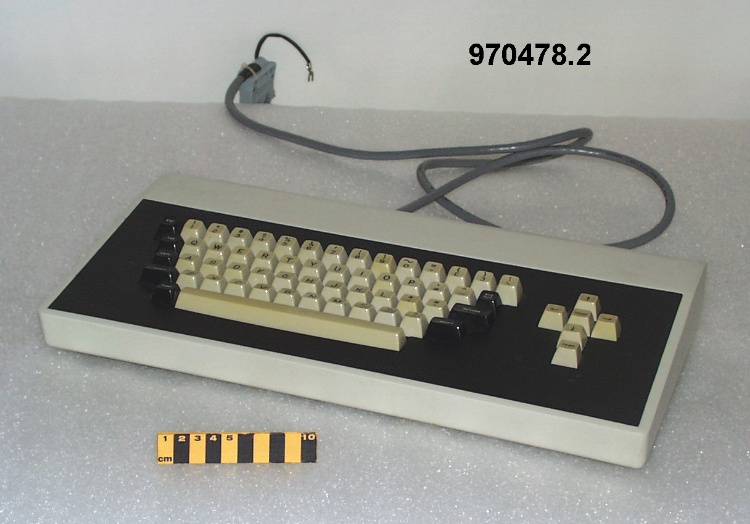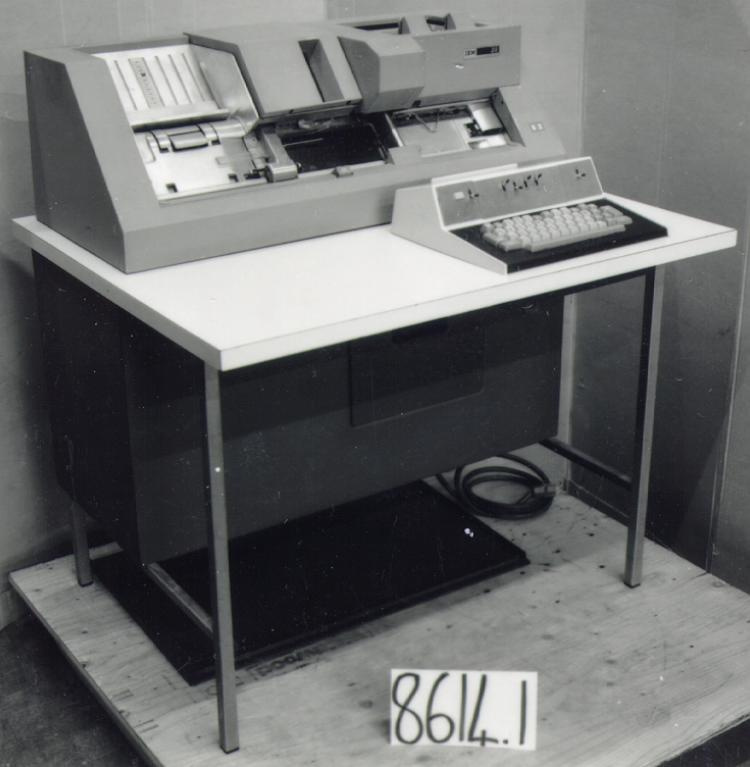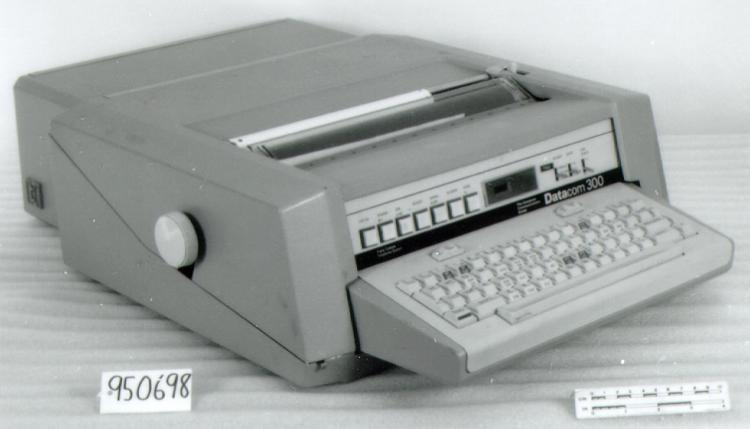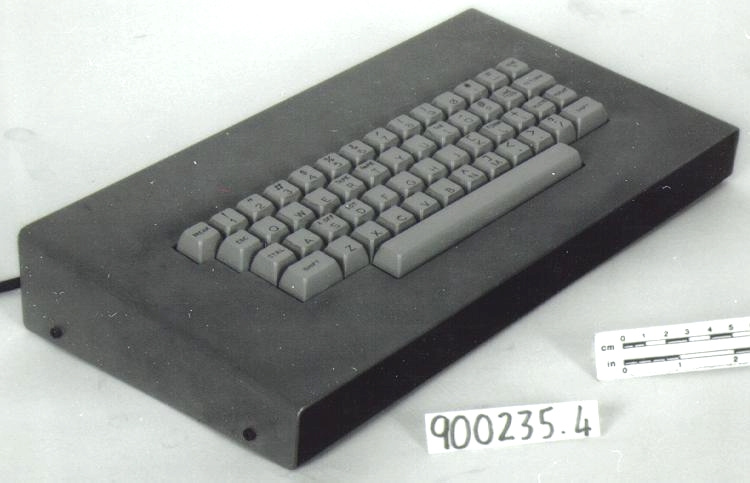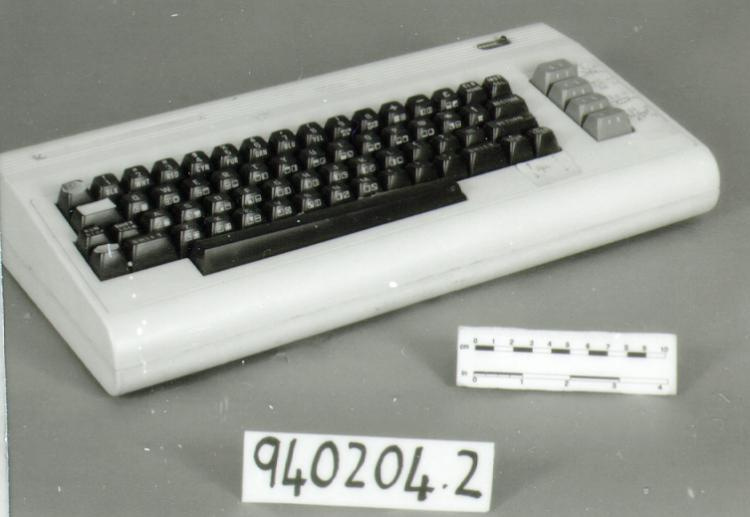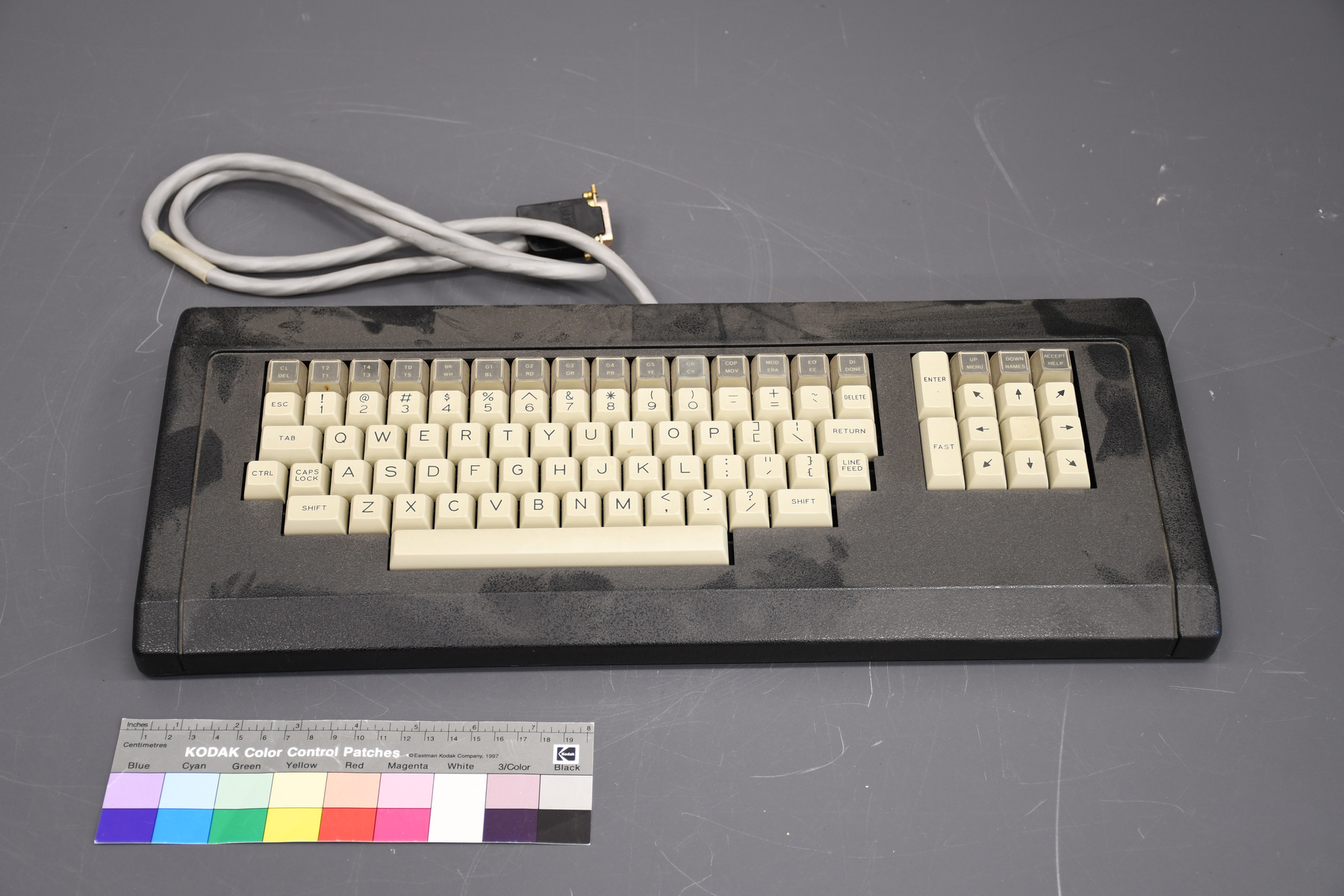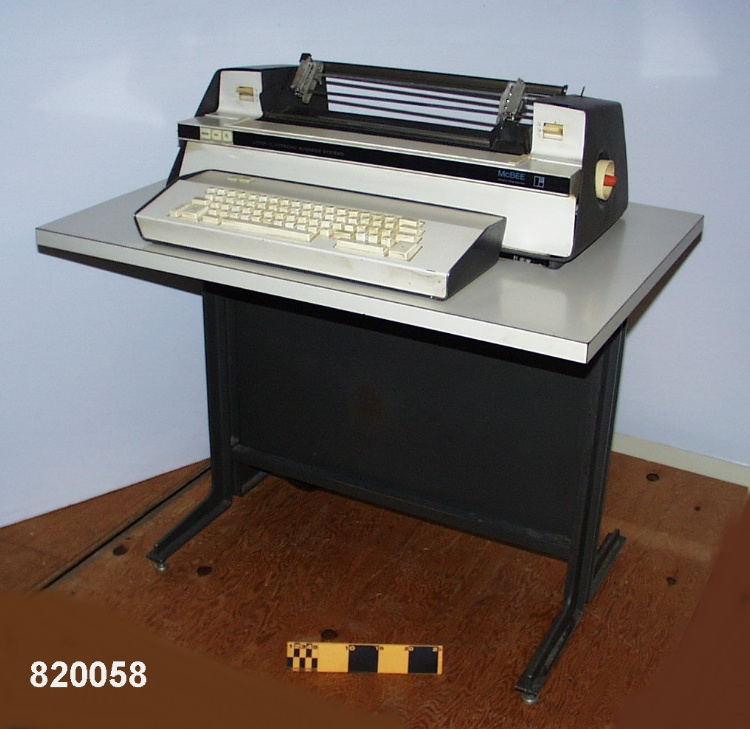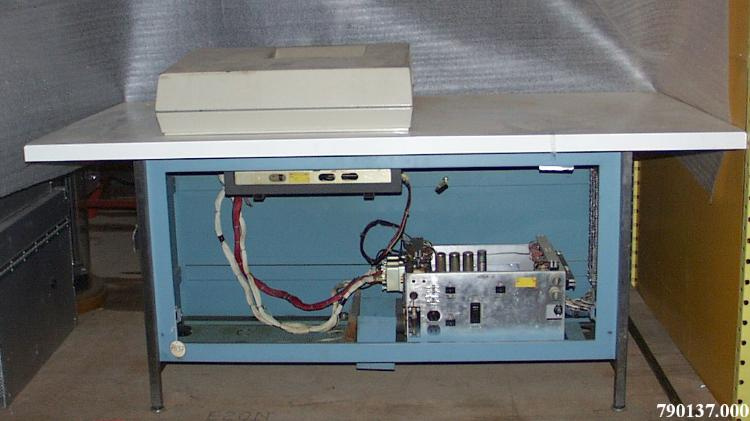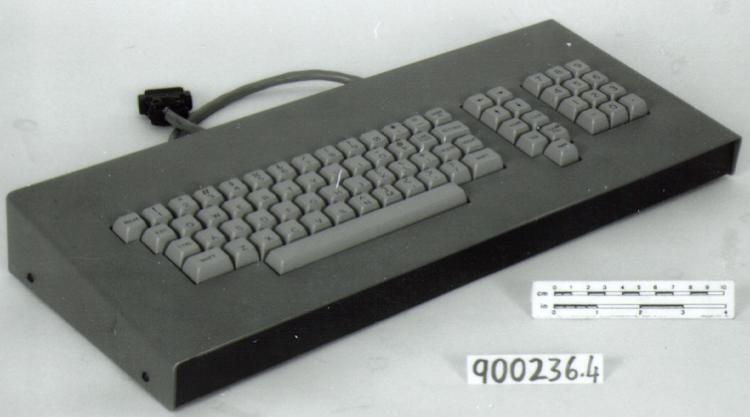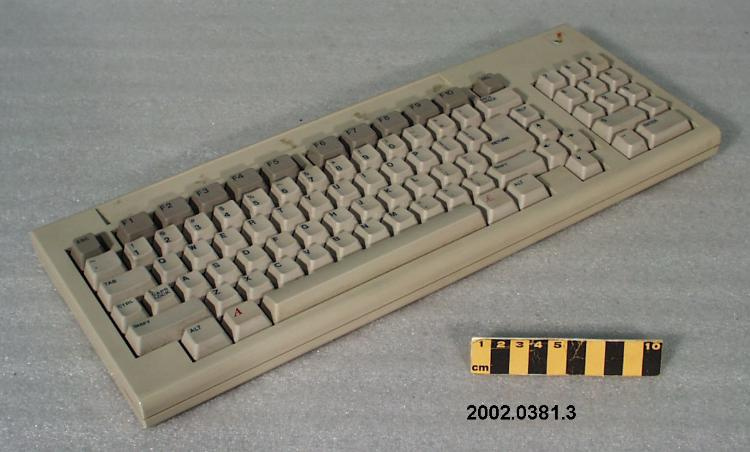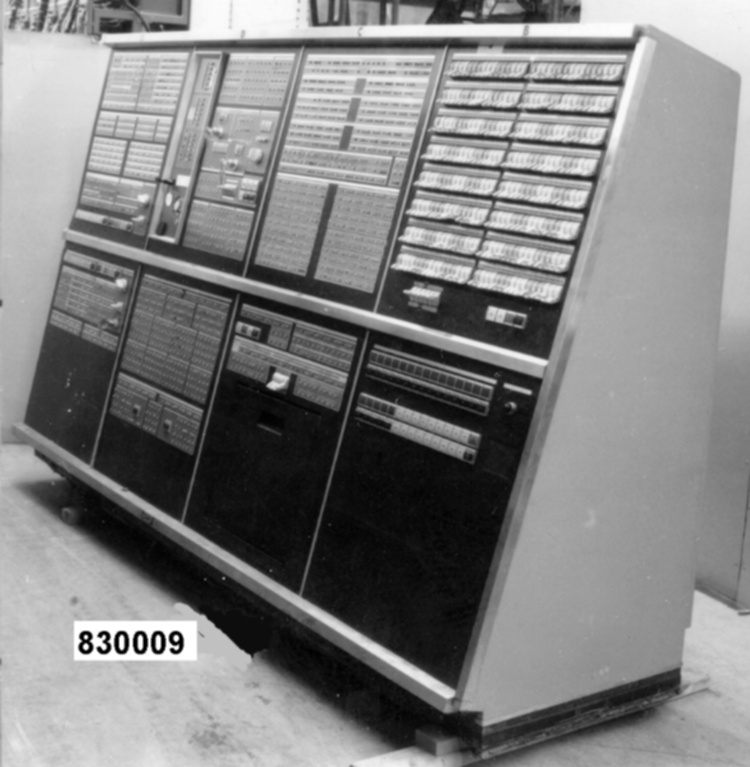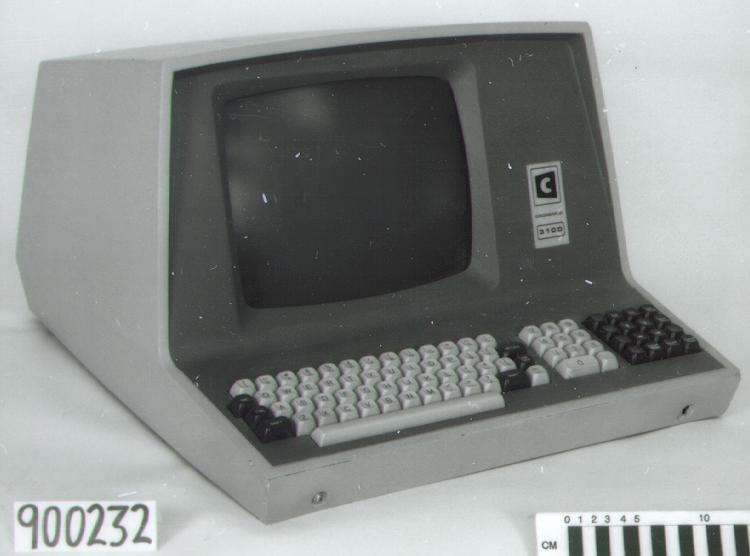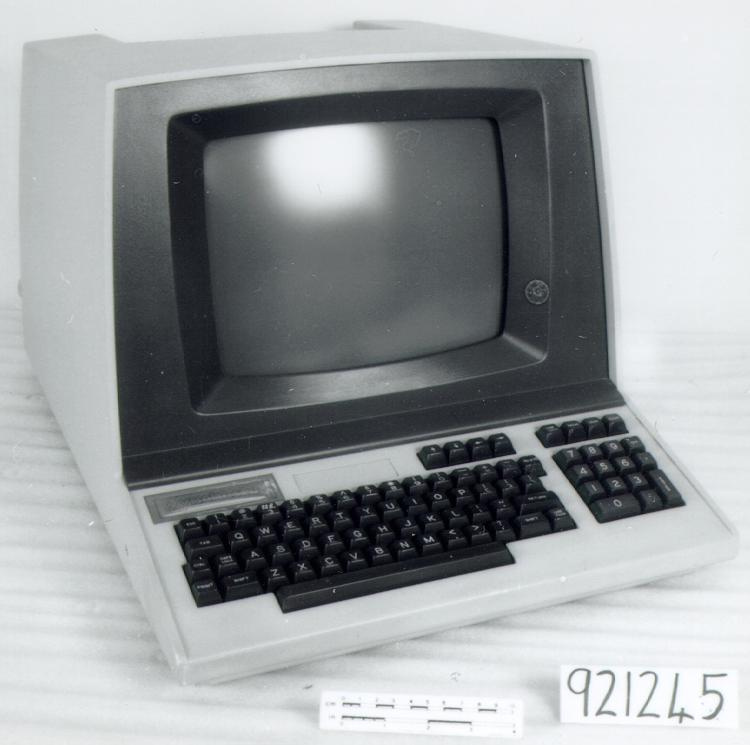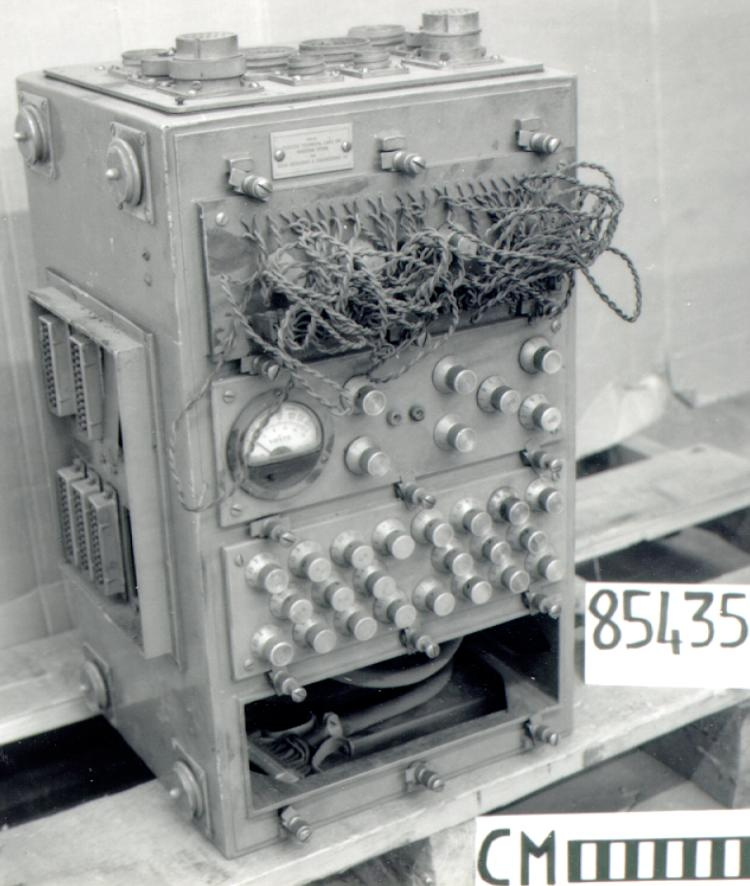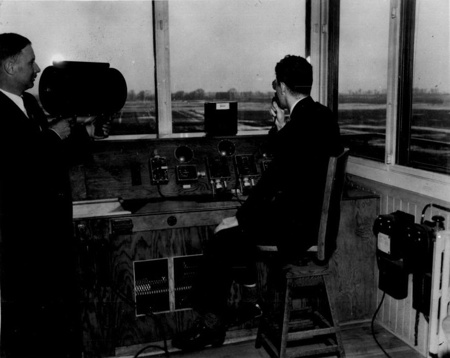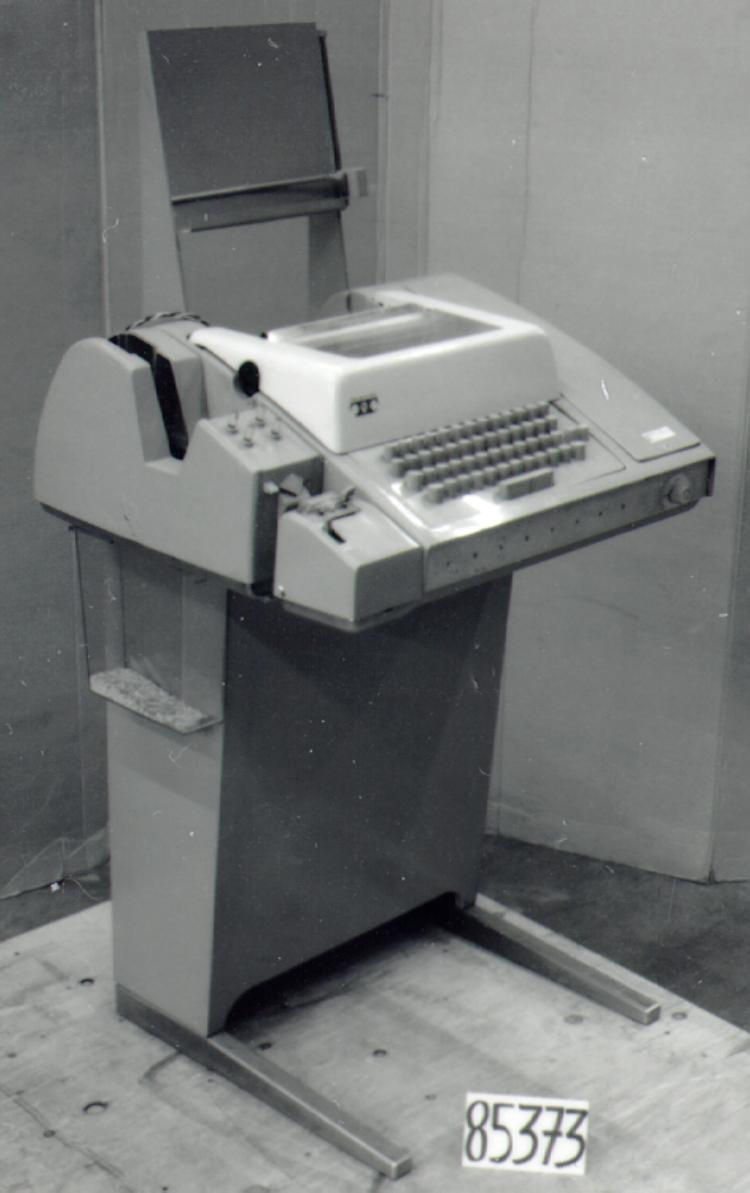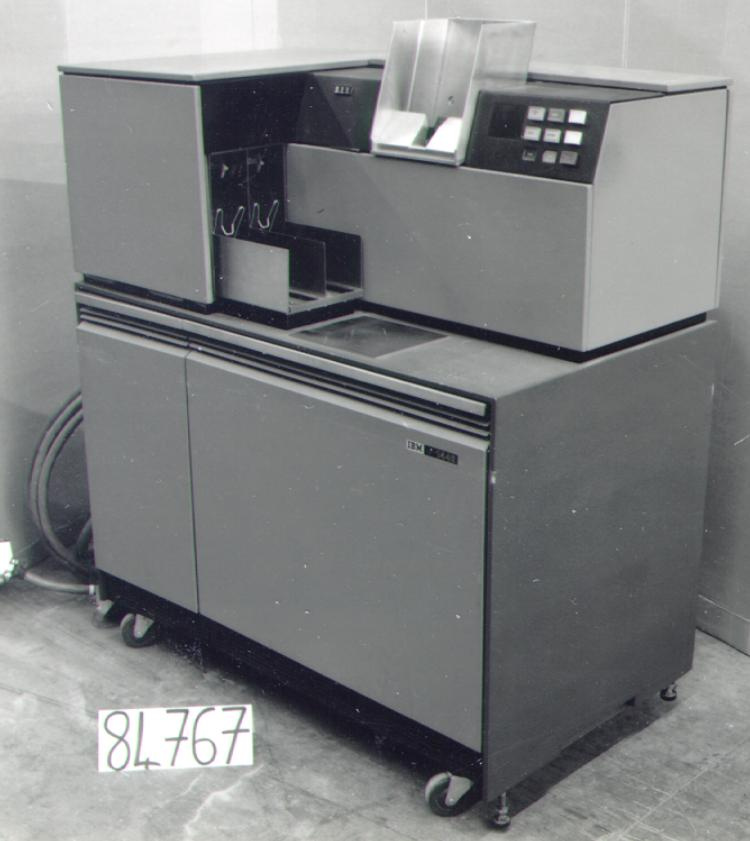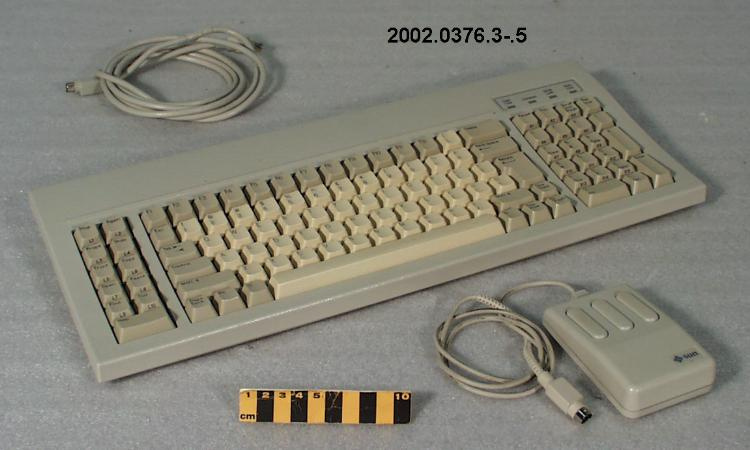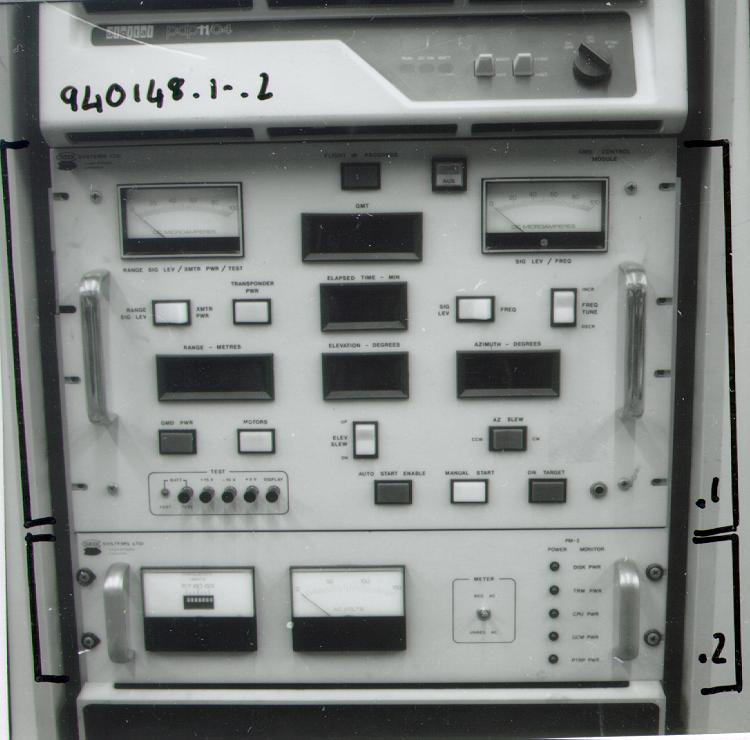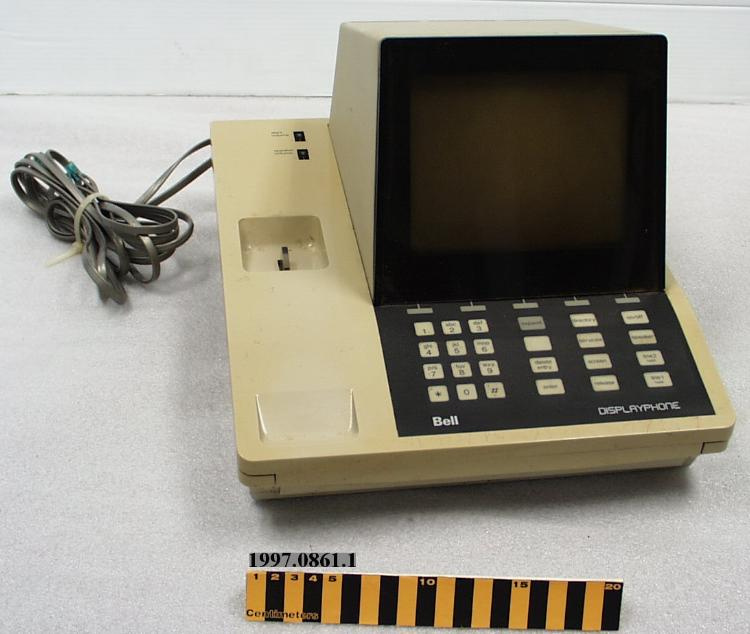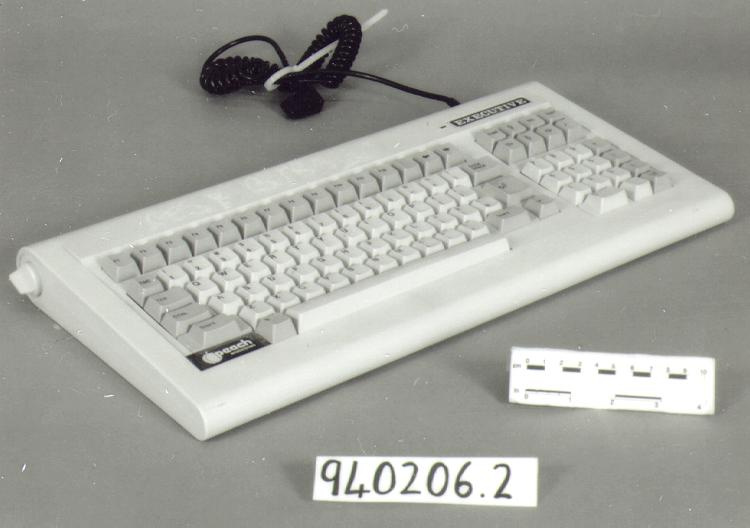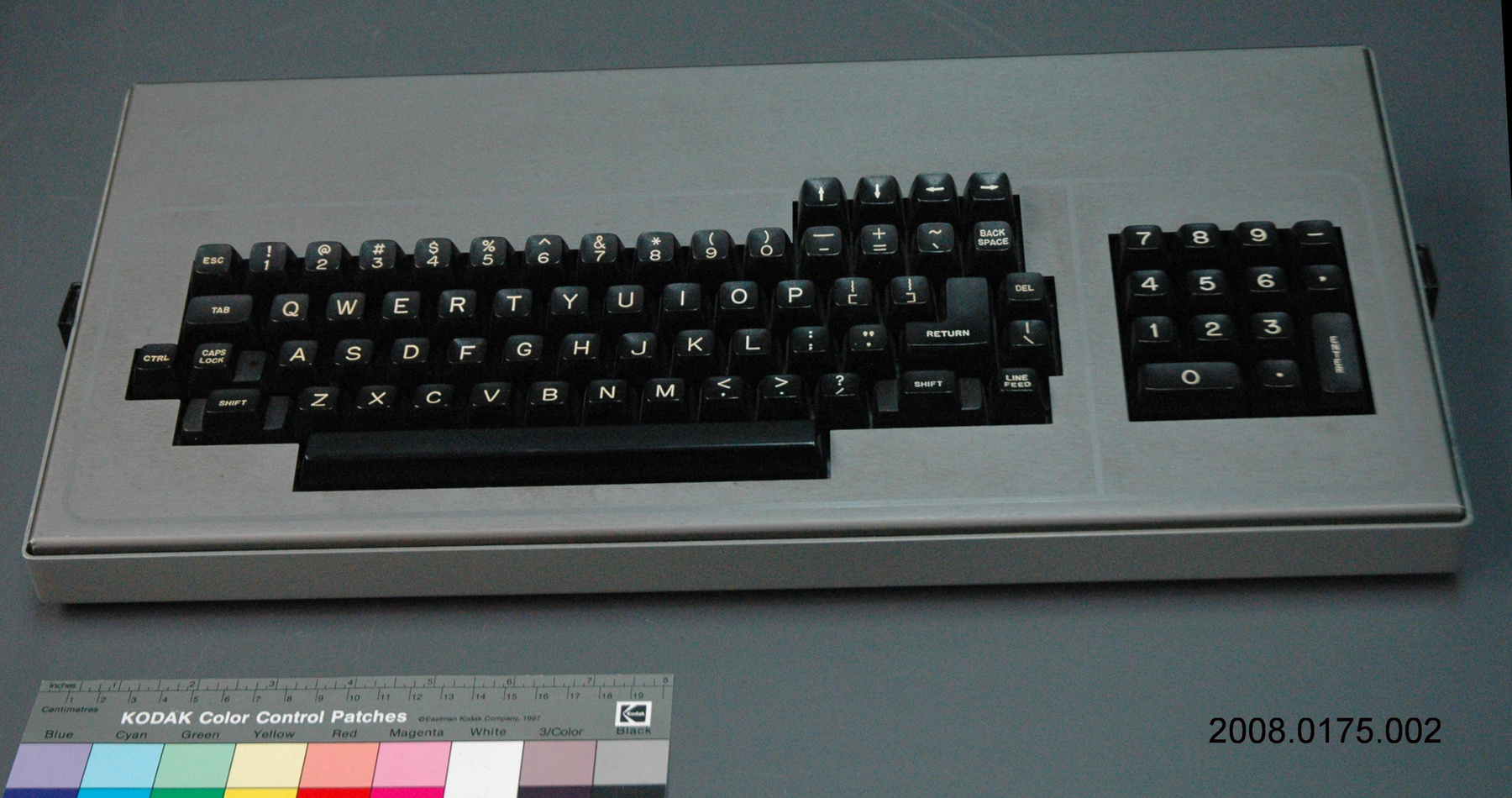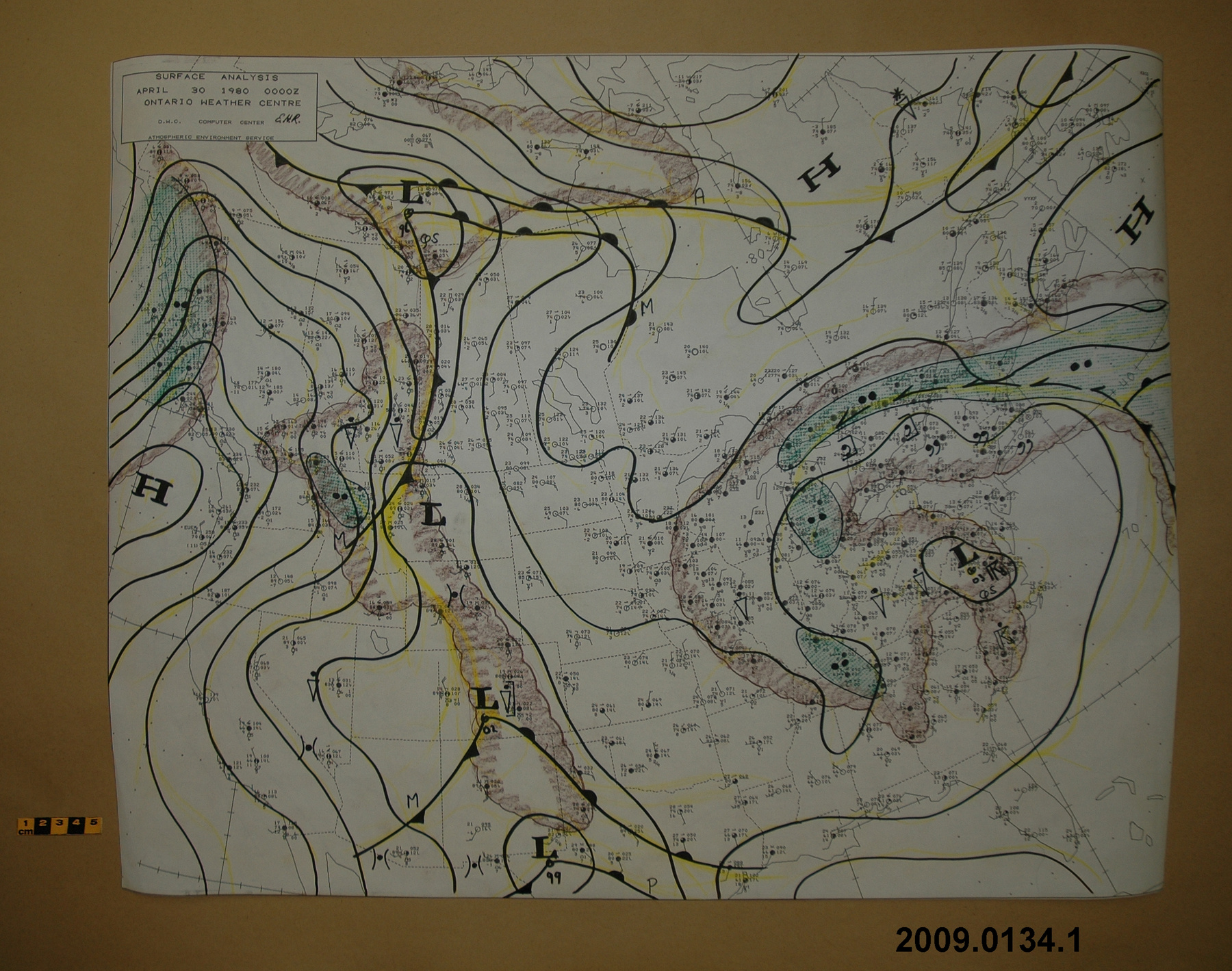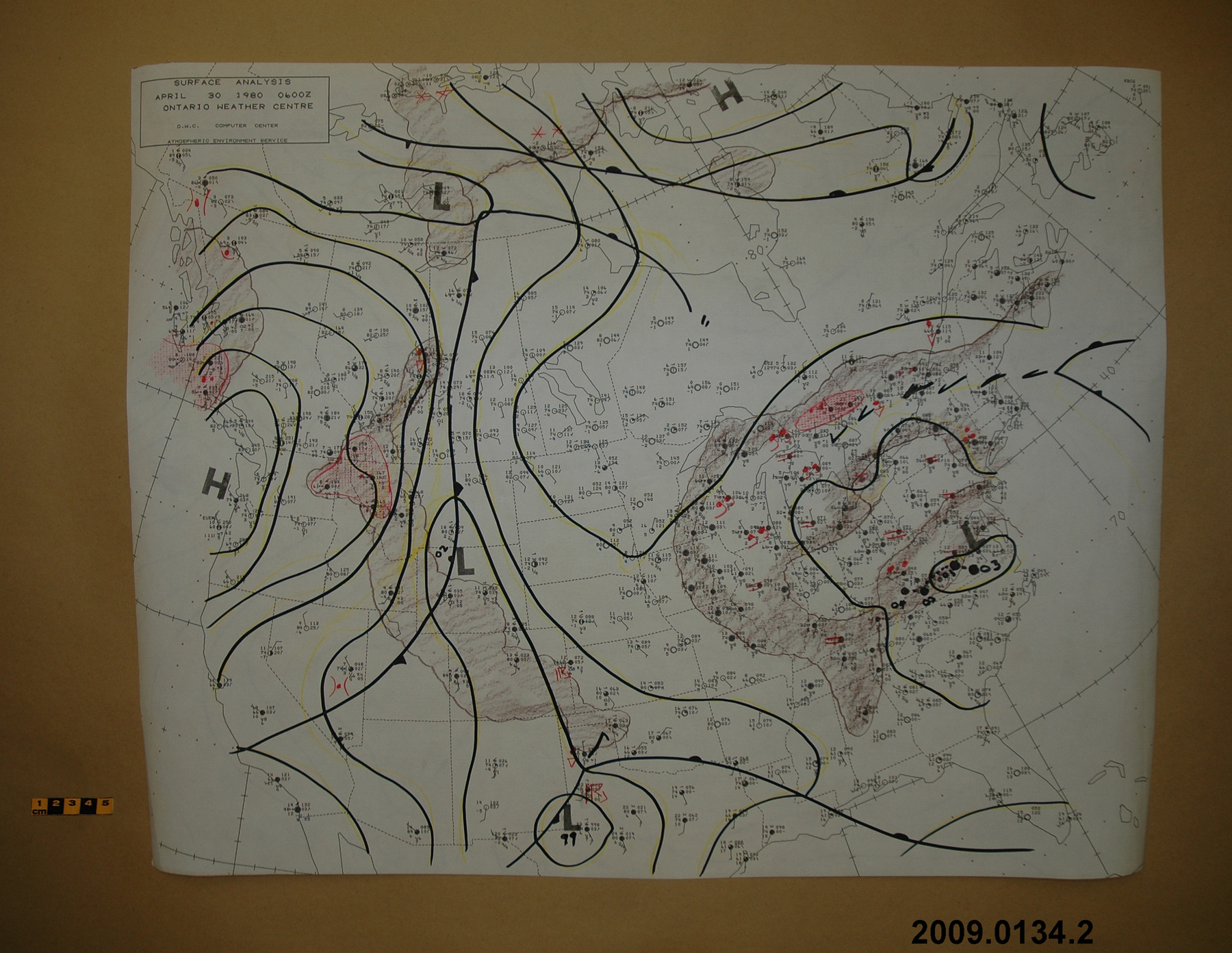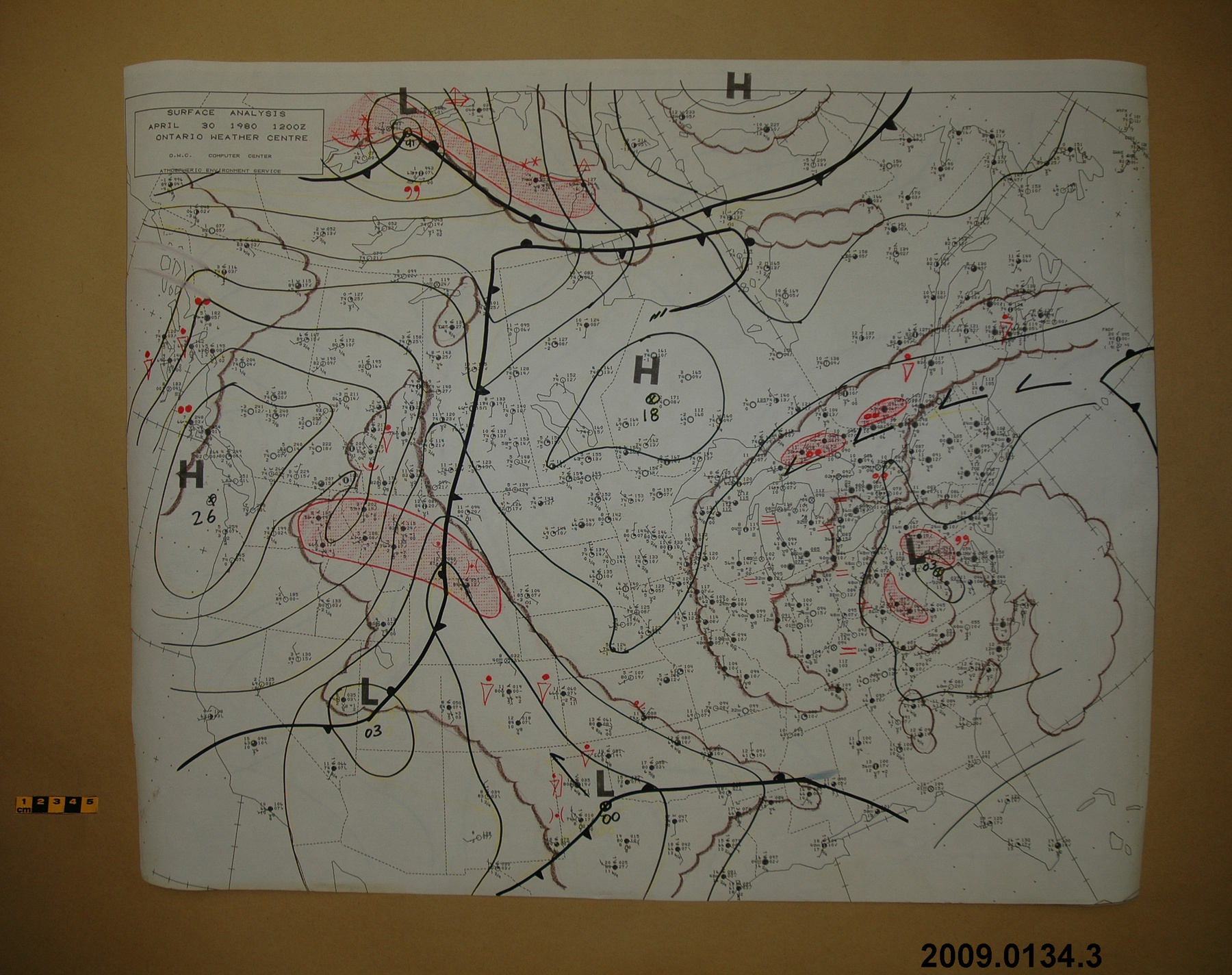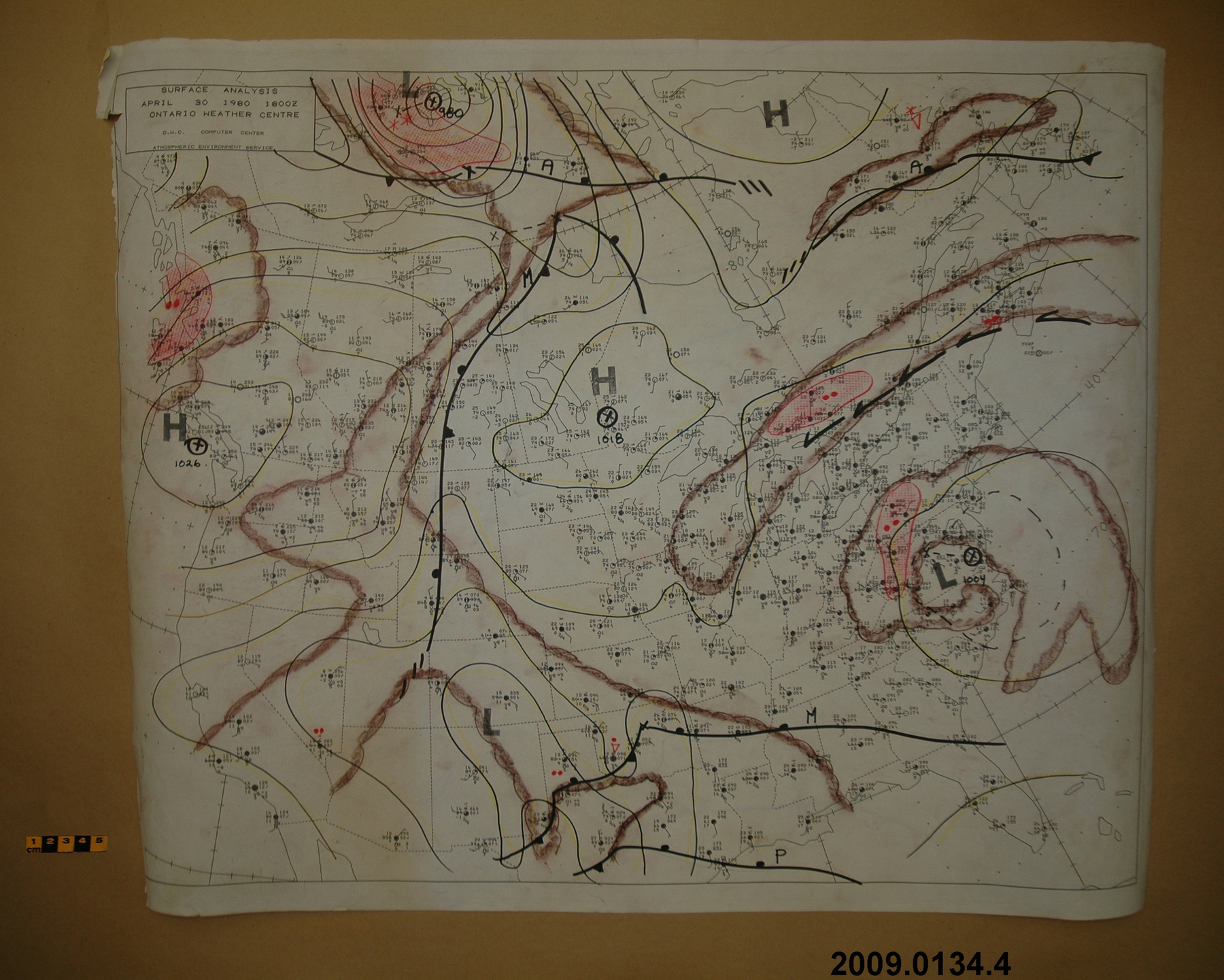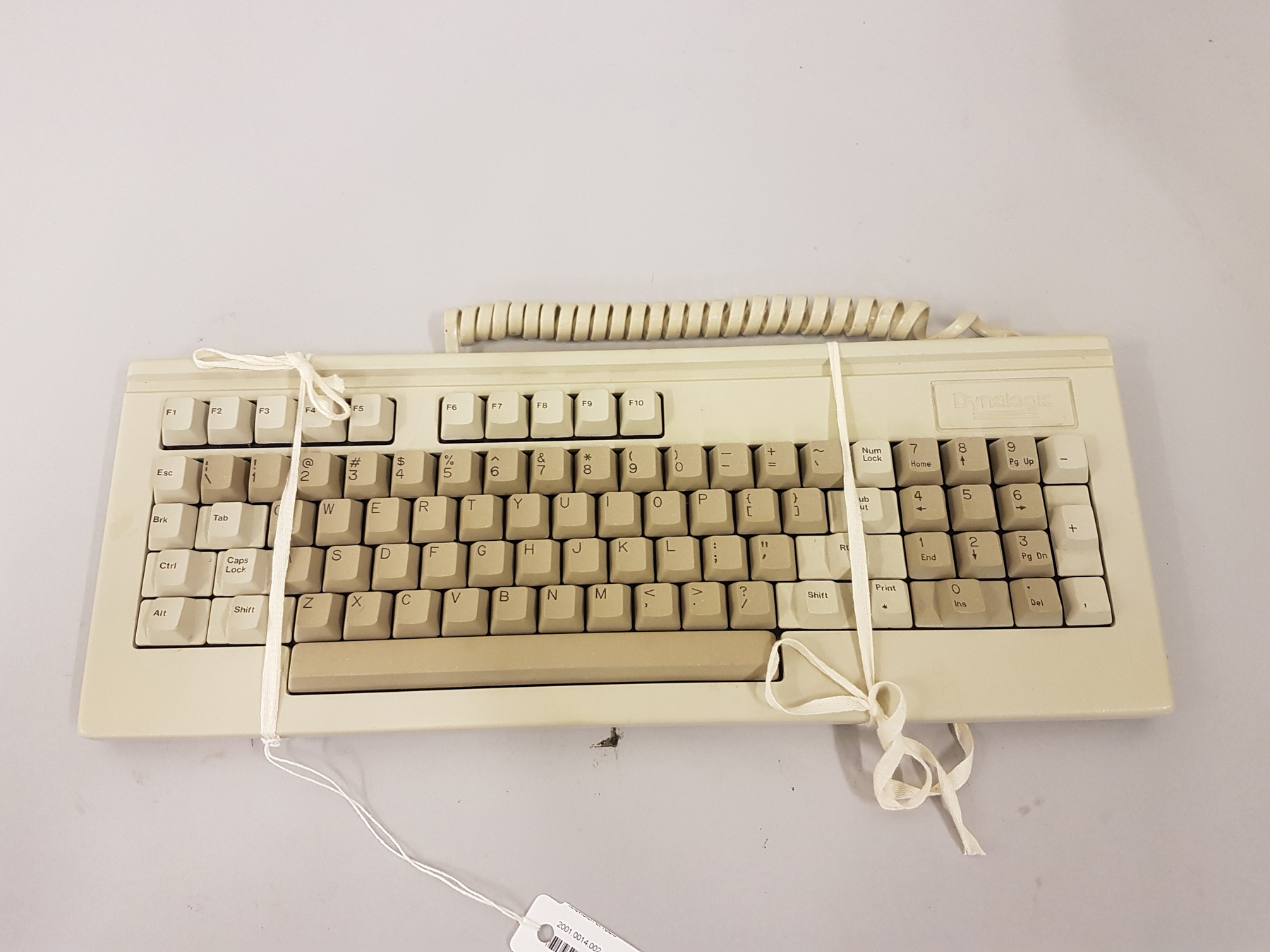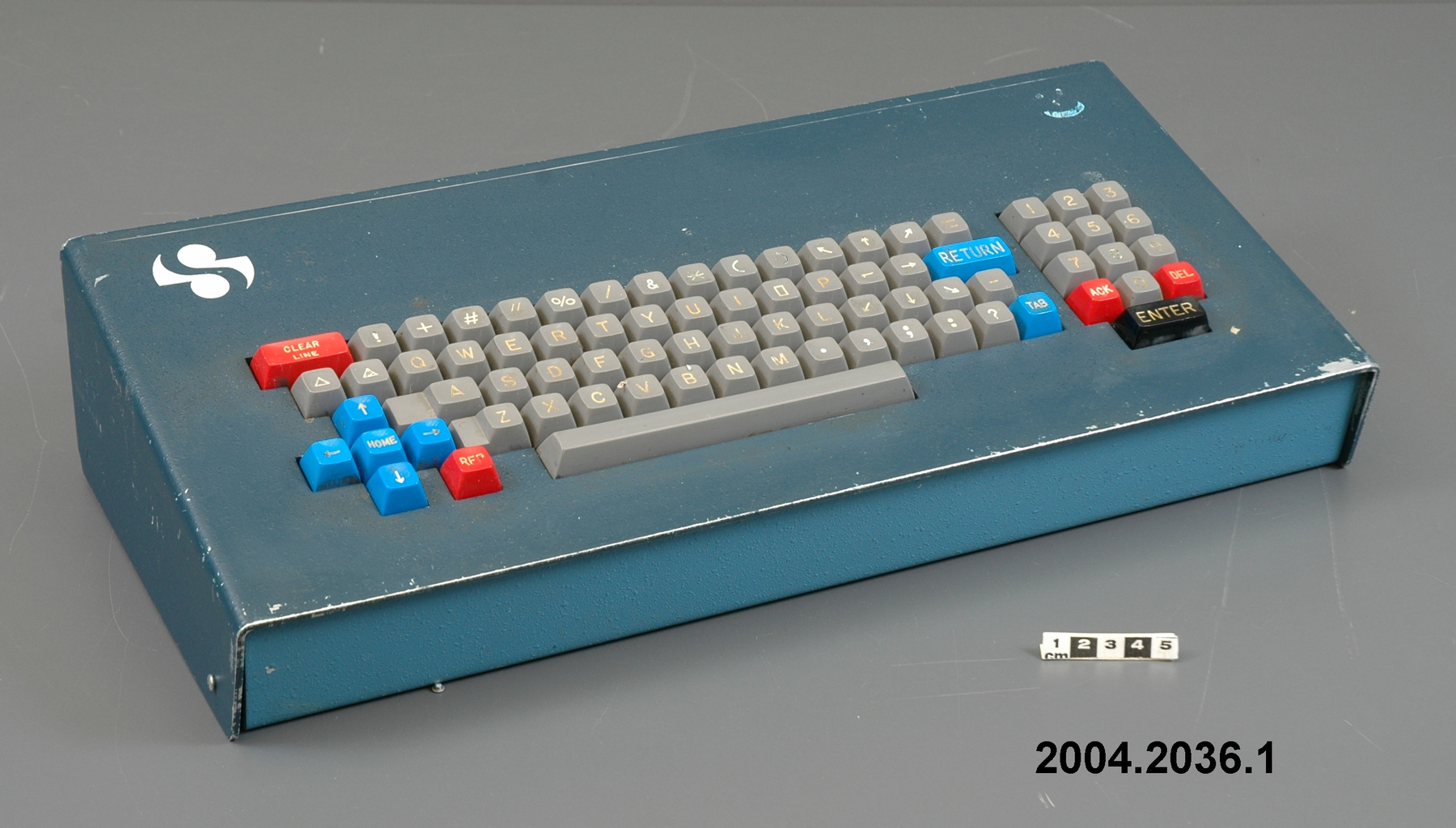Keyboard, computer
Use this image
Can I reuse this image without permission? Yes
Object images on the Ingenium Collection’s portal have the following Creative Commons license:
Copyright Ingenium / CC BY-NC-ND (Attribution-NonCommercial 4.0 International (CC BY-NC 4.0)
ATTRIBUTE THIS IMAGE
Ingenium,
2004.2036.001
Permalink:
Ingenium is releasing this image under the Creative Commons licensing framework, and encourages downloading and reuse for non-commercial purposes. Please acknowledge Ingenium and cite the artifact number.
DOWNLOAD IMAGEPURCHASE THIS IMAGE
This image is free for non-commercial use.
For commercial use, please consult our Reproduction Fees and contact us to purchase the image.
- OBJECT TYPE
- N/A
- DATE
- 1982
- ARTIFACT NUMBER
- 2004.2036.001
- MANUFACTURER
- Sharp, I.P. Associates Ltd.
- MODEL
- OIDS/ KB-1
- LOCATION
- Carleton Place, Ontario, Canada
More Information
General Information
- Serial #
- 4
- Part Number
- 1
- Total Parts
- 1
- AKA
- N/A
- Patents
- N/A
- General Description
- Metal casing and parts/ Synthetic keys and parts
Dimensions
Note: These reflect the general size for storage and are not necessarily representative of the object's true dimensions.
- Length
- 47.5 cm
- Width
- 22.5 cm
- Height
- 10.5 cm
- Thickness
- N/A
- Weight
- N/A
- Diameter
- N/A
- Volume
- N/A
Lexicon
- Group
- Aviation
- Category
- Airport operations
- Sub-Category
- N/A
Manufacturer
- AKA
- Sharp
- Country
- Canada
- State/Province
- Ontario
- City
- Carleton Place
Context
- Country
- Canada
- State/Province
- Newfoundland and Labrador
- Period
- circa 1982-2003
- Canada
-
A component of a Canadian designed and at least partly Canadian manufactured computerized data acquisition and display unit for air traffic control. The Electronic System Master Plan for Mirabel Airport identified a need to consolidate the display of information required by air traffic controllers. A system was needed that could collect this information and present it on a television type display. The prototype and software (16-bit) was developed in house at NAVCAN in 1972. An engineering model was developed by the Computer Systems Group, Telecommunications and Electronics Branch of Transport Canada. This model system was built around a mini-computer and incorporated only two display channels. The major concern at the time was the quality of the display, as it had to serve both low and high ambient light conditions. The initial phase of the program had been so successful that the decision was taken to expand the procurement to supply each of the Area Control Centres in Canada, as well as Mirabel, with a system. A contract was written with I.P. Sharpe Associates of Toronto & Ottawa (and Carleton Place) being the successful bidder. Halfway through the contract the project was spun off to a new company, Goodwood Data Systems (basically the Carleton Place facility). The systems were delivered in 1975-1978 (to 7 control centres and 2 systems for the Technical Systems Centre (TSC) in Ottawa and one for the training centre in Cornwall). The contract was for apx. $1 million. The system was based on 7400 type discrete integrated circuits. The Display Site Equipment contract went to Raytheon and Raytheon Canada in Waterloo while the computers were made by DY-4 here in Ottawa. OIDS was subsequently installed at all major Canadian airports with troubleshooting and technical support backup provided by 2 systems in NAVCANs Ottawa Technical Systems Centre near the airport. Training was done in Cornwall both for techs and air traffic controllers on the third backup system (Continued in Notes). - Function
-
A data input component of a computer, used to enter alphanumeric data and commands, this one control unit and input-output unit of an electronic data acquisition and display system designed specifically for use in an airport for air traffic control. - Technical
-
An example of an earlier version of the keyboard used with the OIDS computerized air traffic control, manufactured by I.P. Sharp. The OIDS replaced analogue and hand input data used by air traffic controllers. OIDS brought together information from different sources in a convenient and constantly and automated updated fashion. It made air travel safer and more efficient because the delays caused by weather in particular were minimized. Weather data handling was improved to the point where updating a weather report was at least 4 times faster than previously. - Area Notes
-
Unknown
Details
- Markings
- Partially illegible label on underside reads 'I.P. SHARP ASSOCIATES LIMITED/ COMPUTER PRODUCTS DIV./ CARLETON PLACE ONT. CANADA/ KEYBOARD/ MODEL KB-1 PART NO 10819 SERIAL 0004/ VOLTS 12.6 AMPS .3 CYCLES 60'
- Missing
- Appears complete. Some detached keys were replaced and may have come from another keyboard.
- Finish
- Stippled blue painted casing/ Grey, red, blue and black keys/ Gold painted metal part
- Decoration
- White Goodwood logo on front
CITE THIS OBJECT
If you choose to share our information about this collection object, please cite:
Sharp, I.P. Associates Ltd., Keyboard, computer, circa 1982, Artifact no. 2004.2036, Ingenium – Canada’s Museums of Science and Innovation, http://collection.ingeniumcanada.org/en/id/2004.2036.001/
FEEDBACK
Submit a question or comment about this artifact.
More Like This
